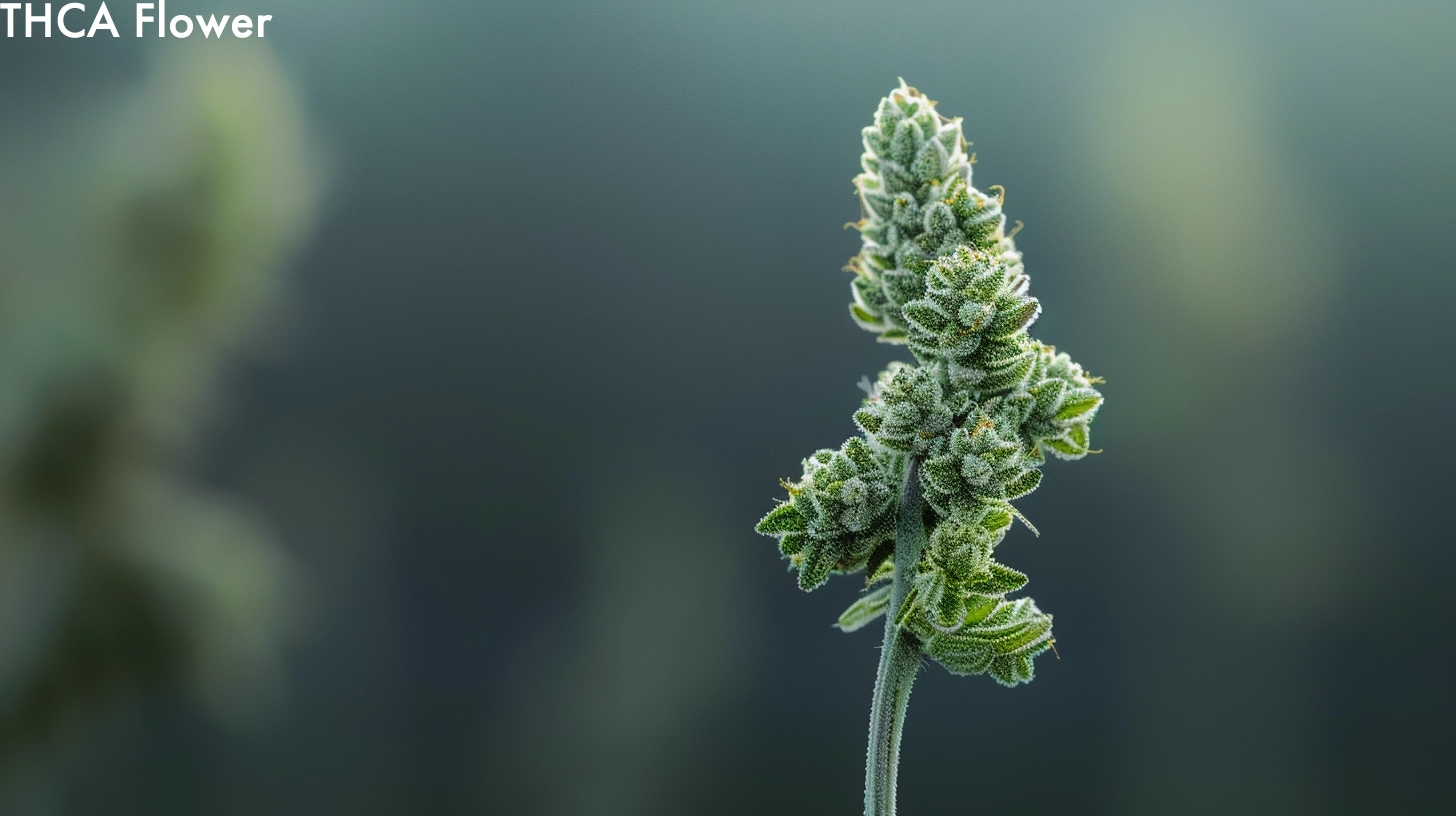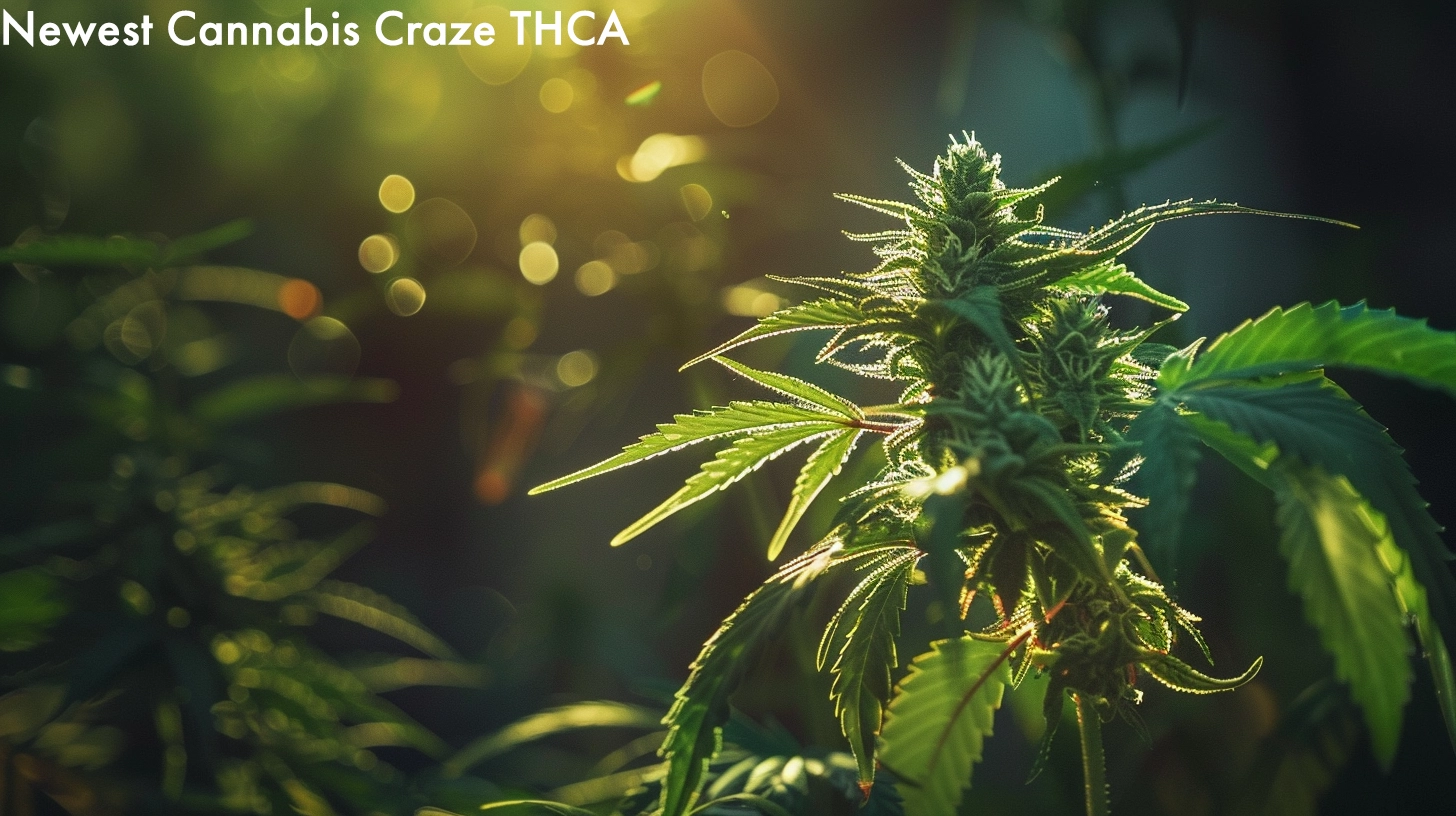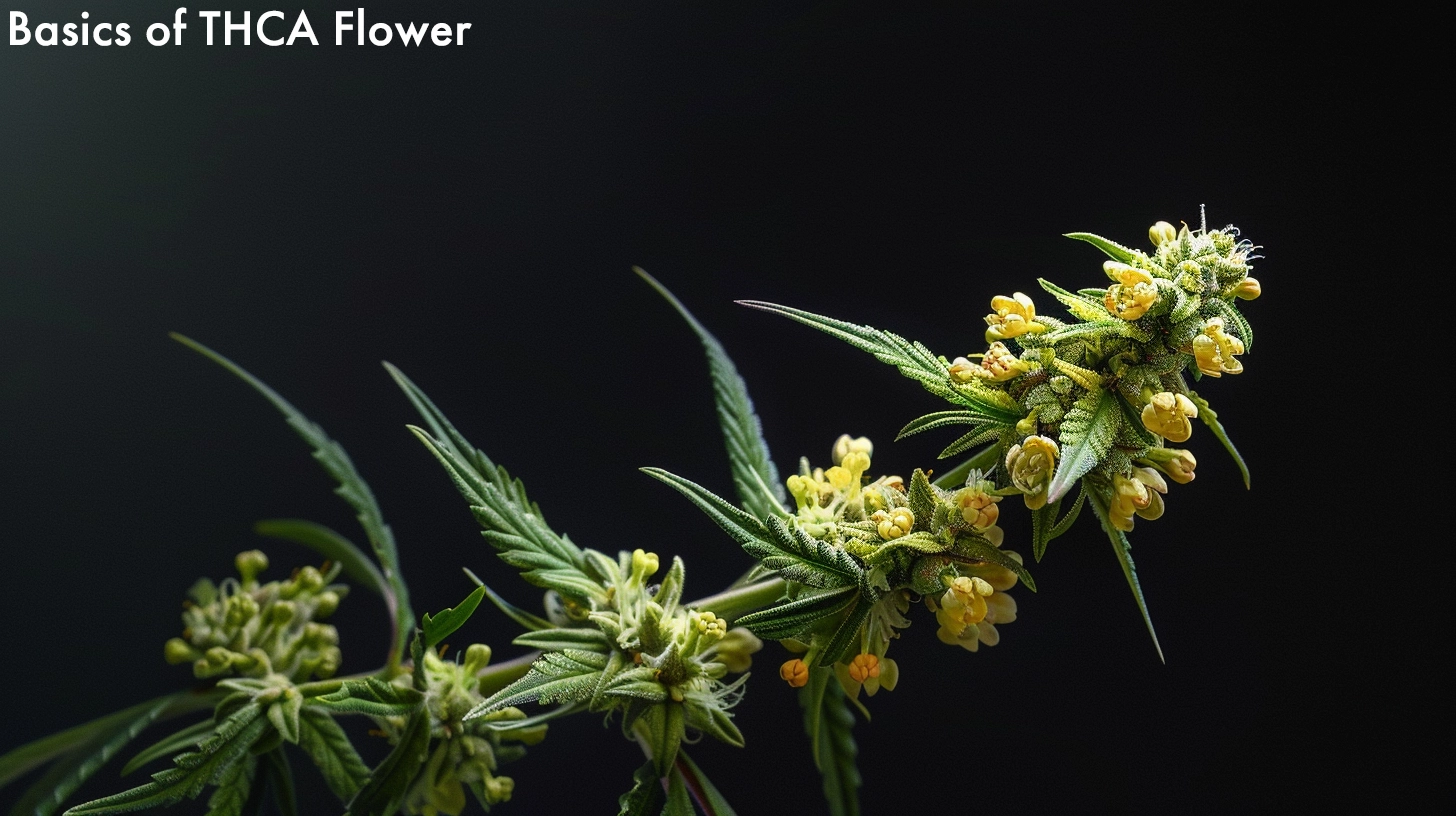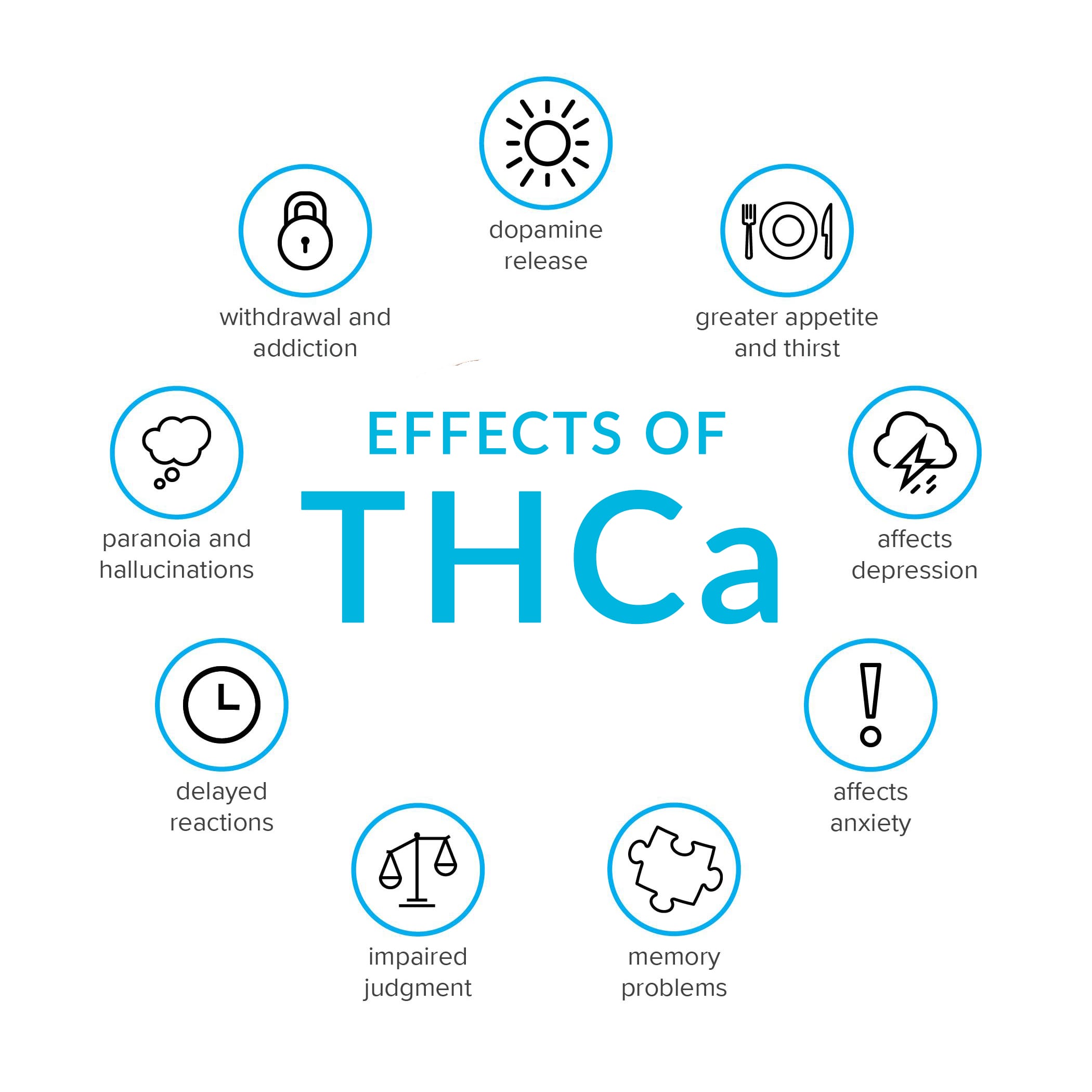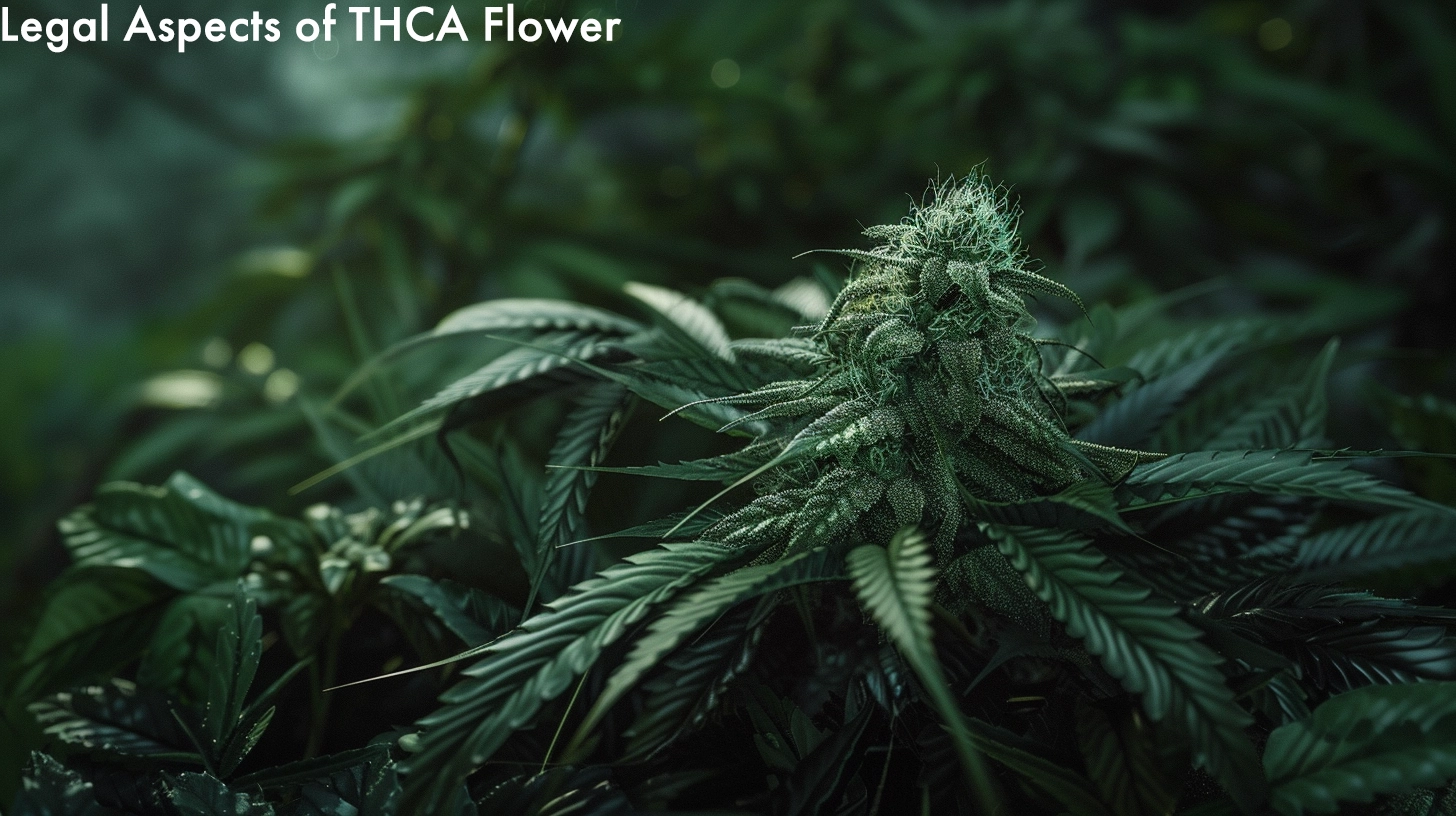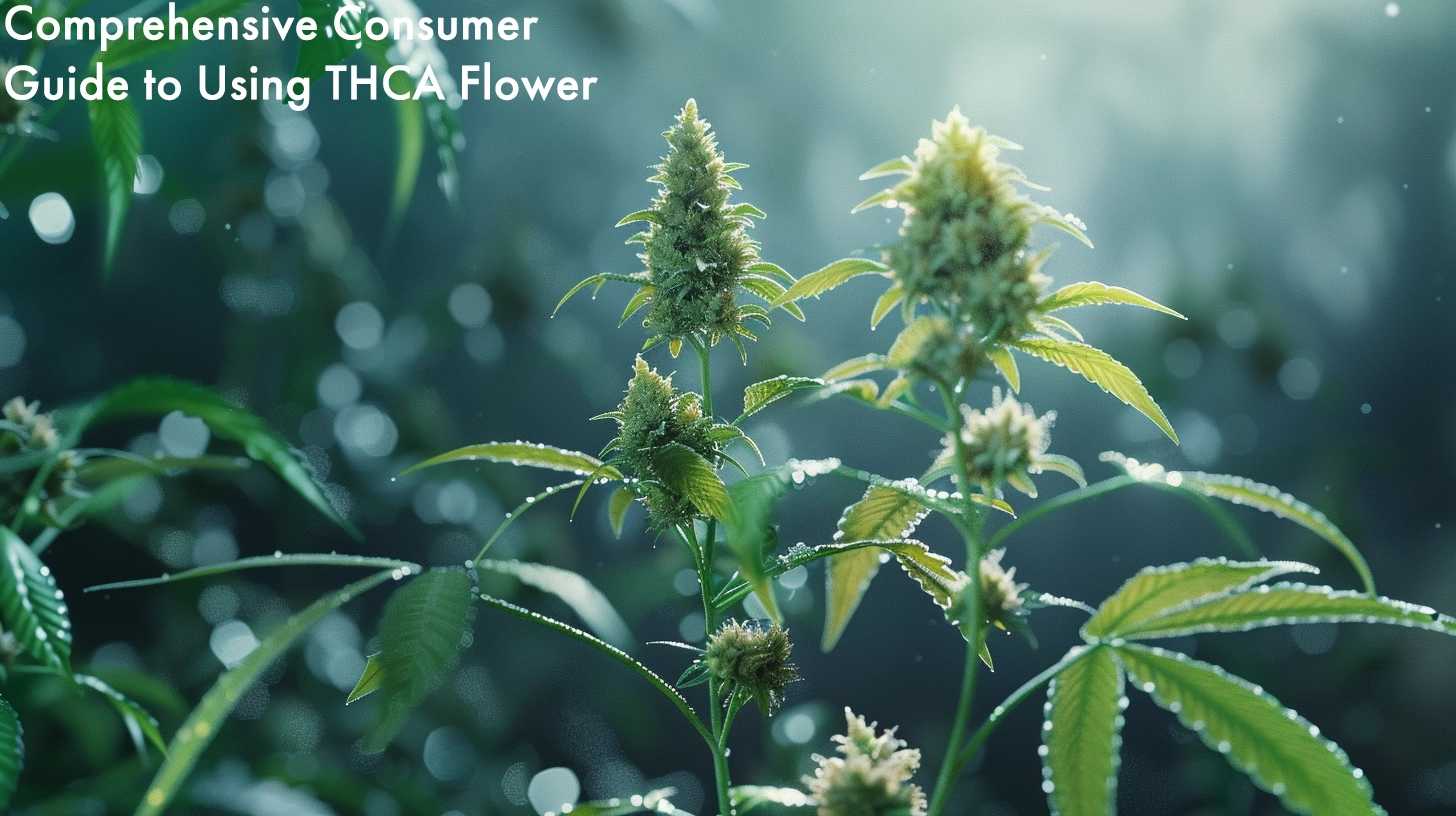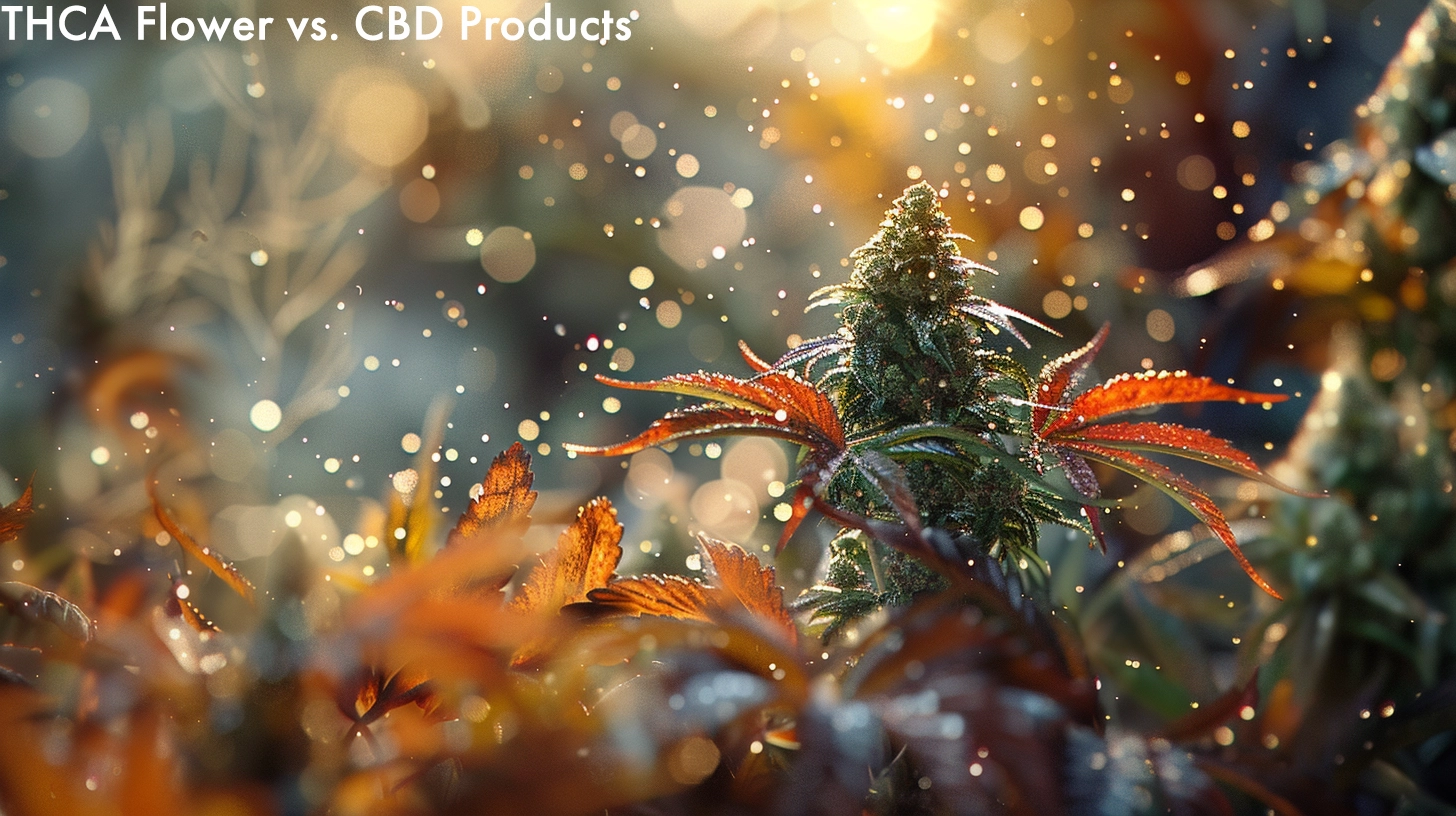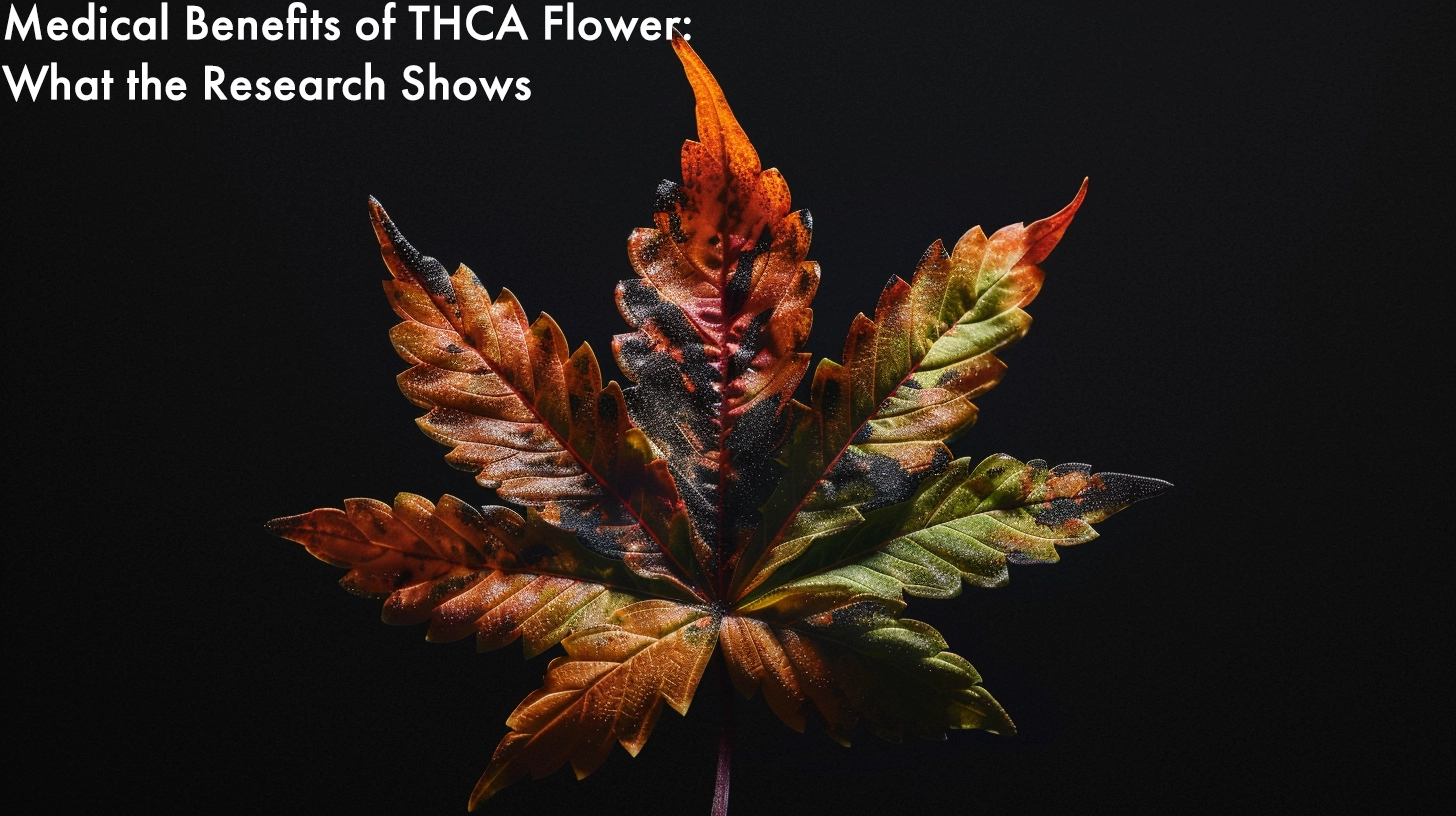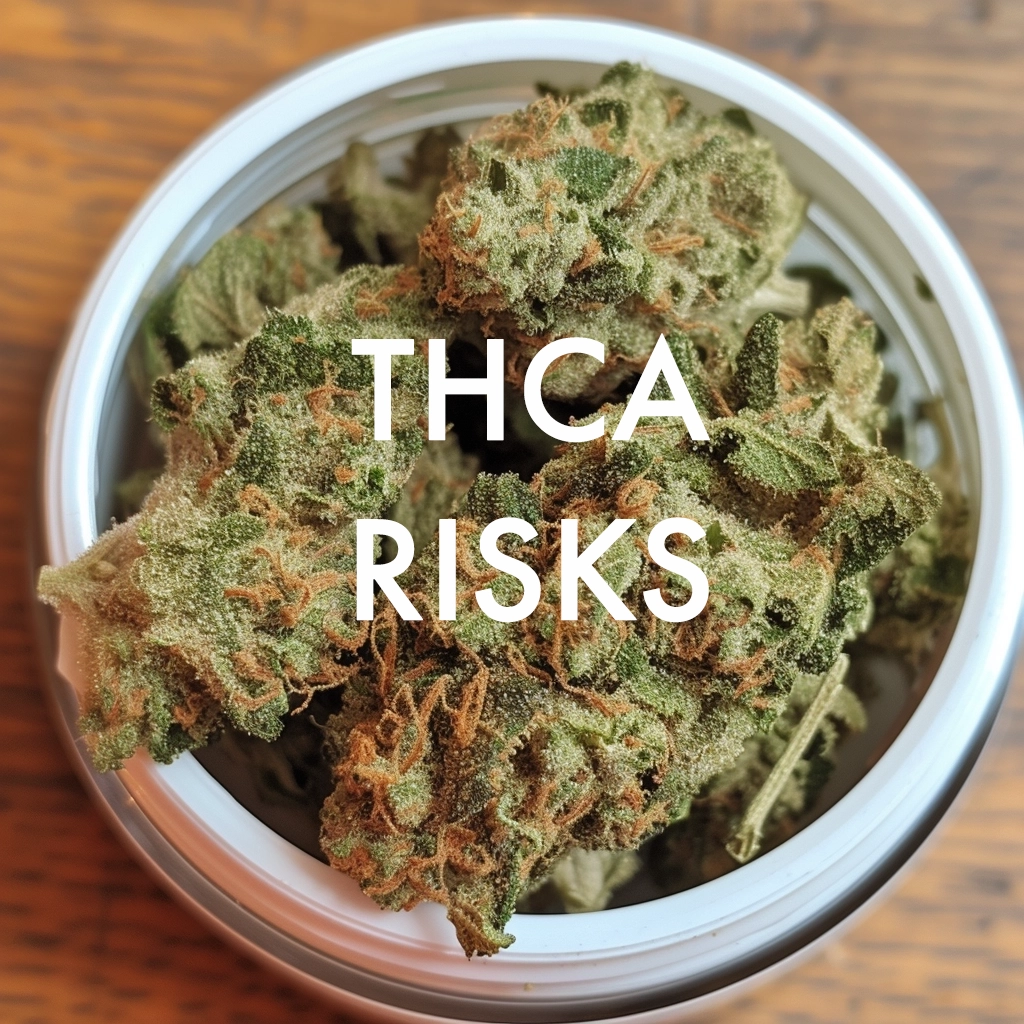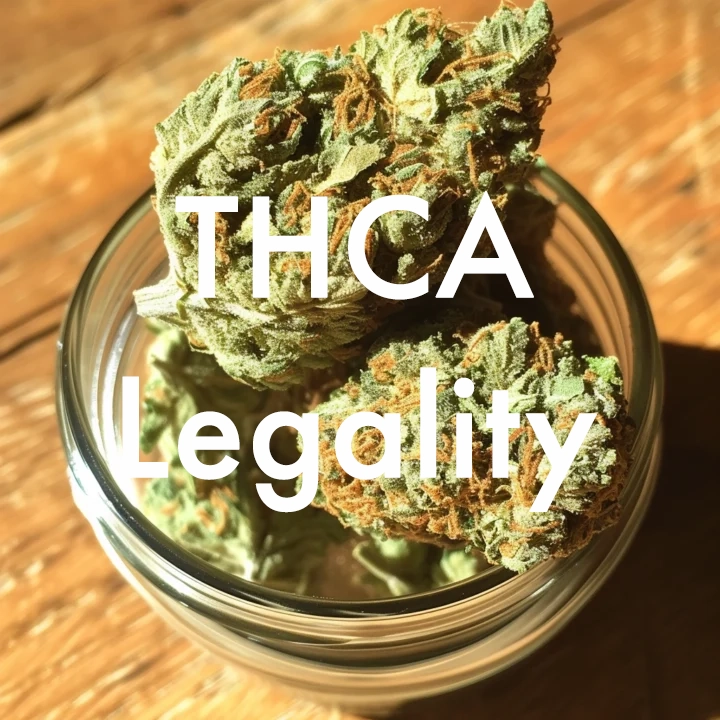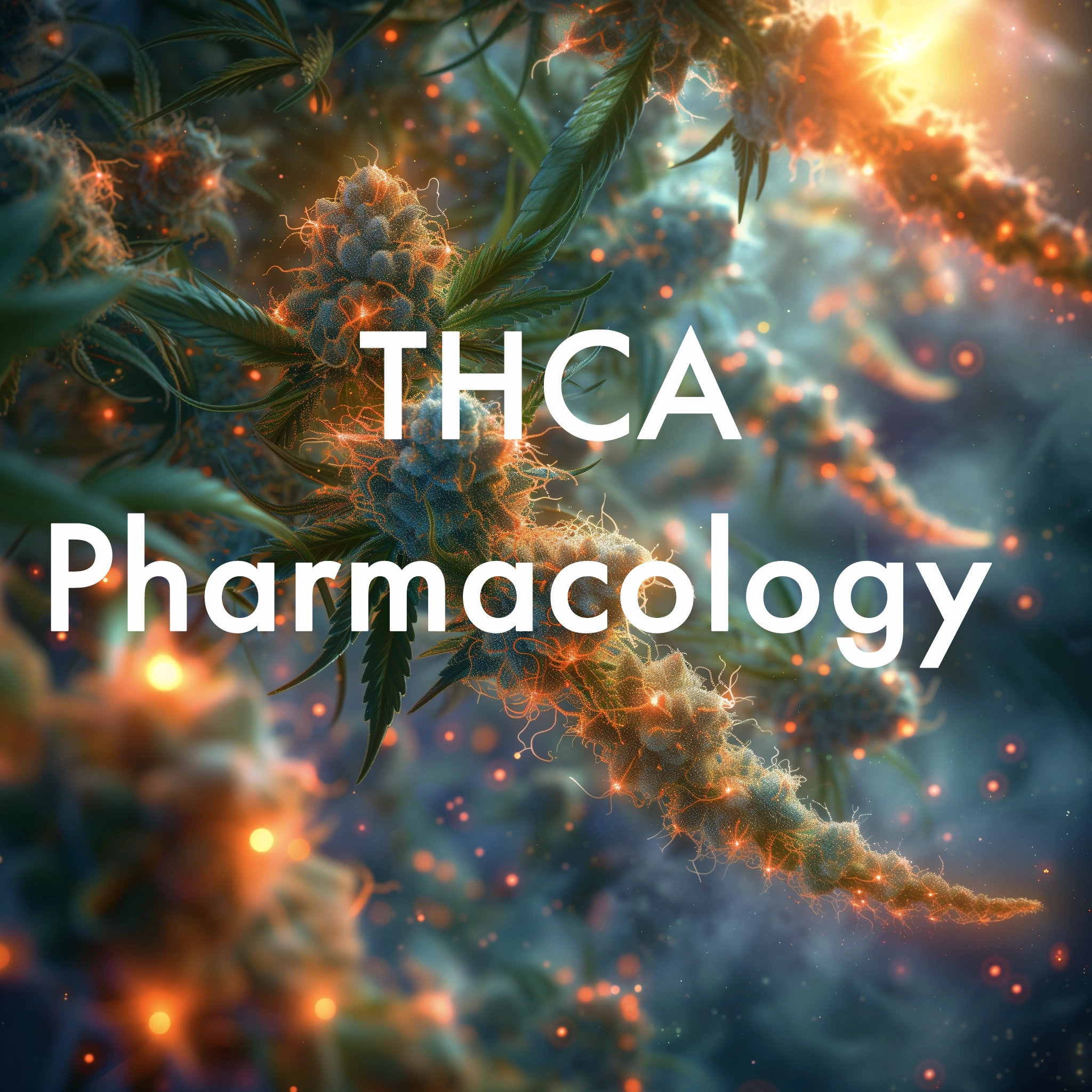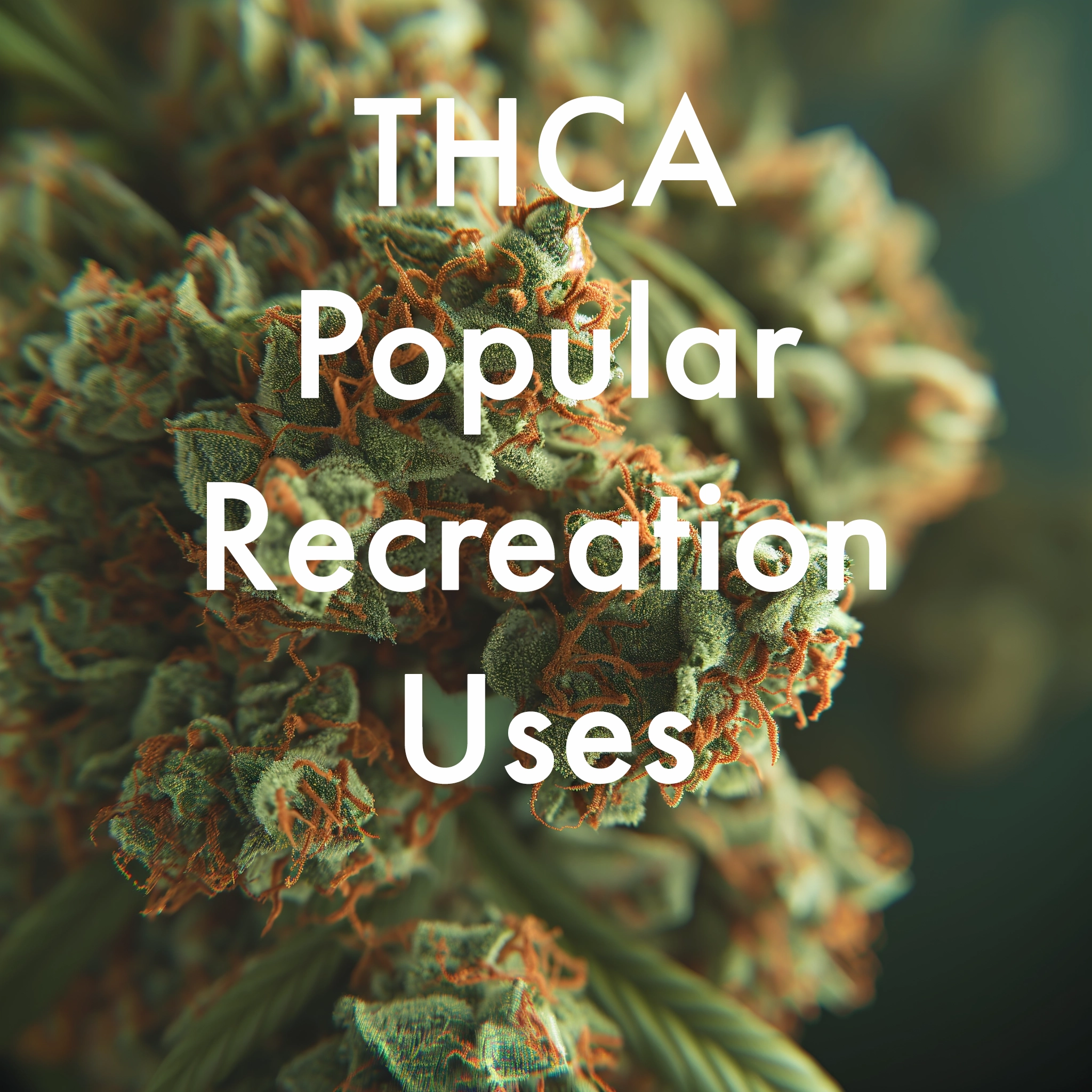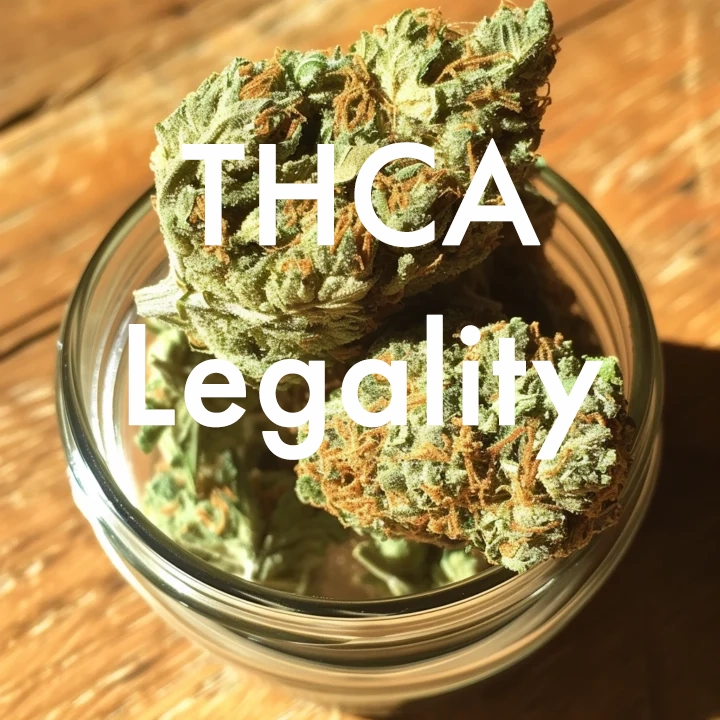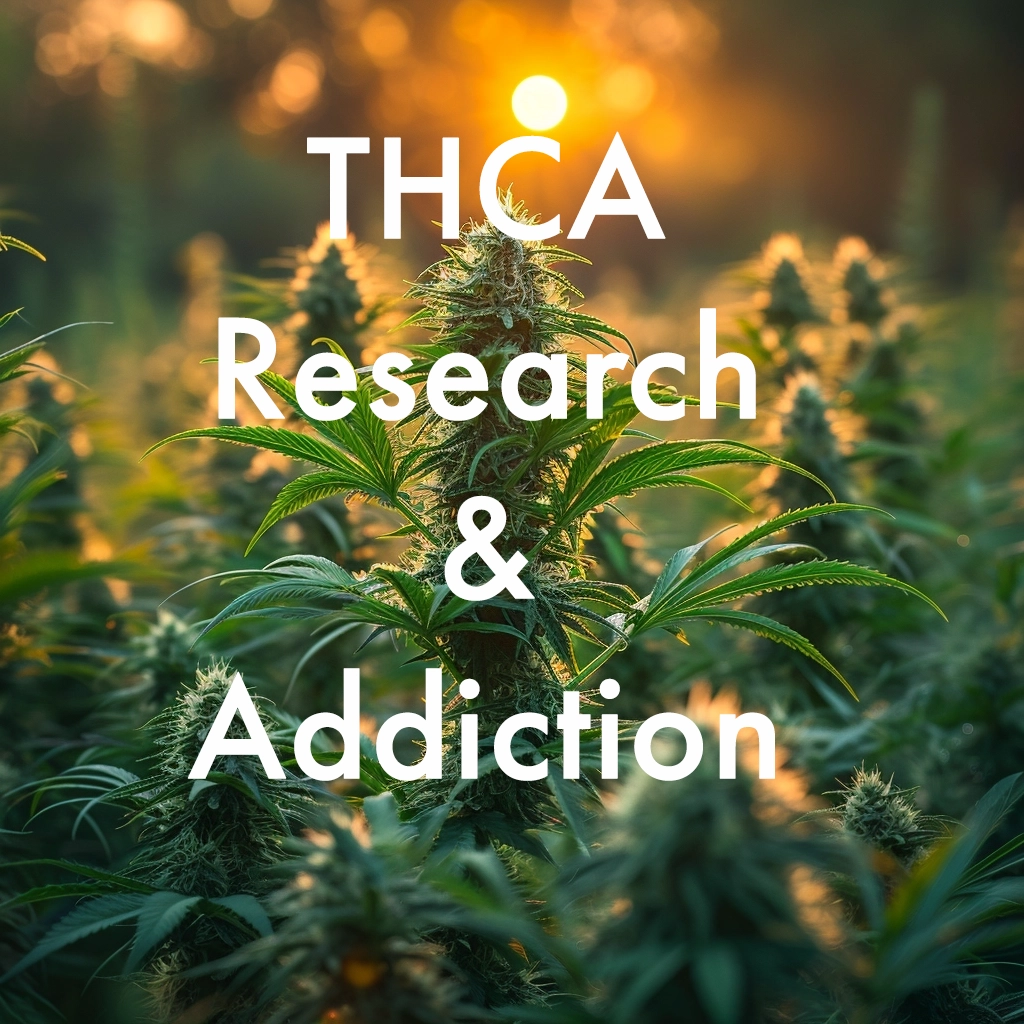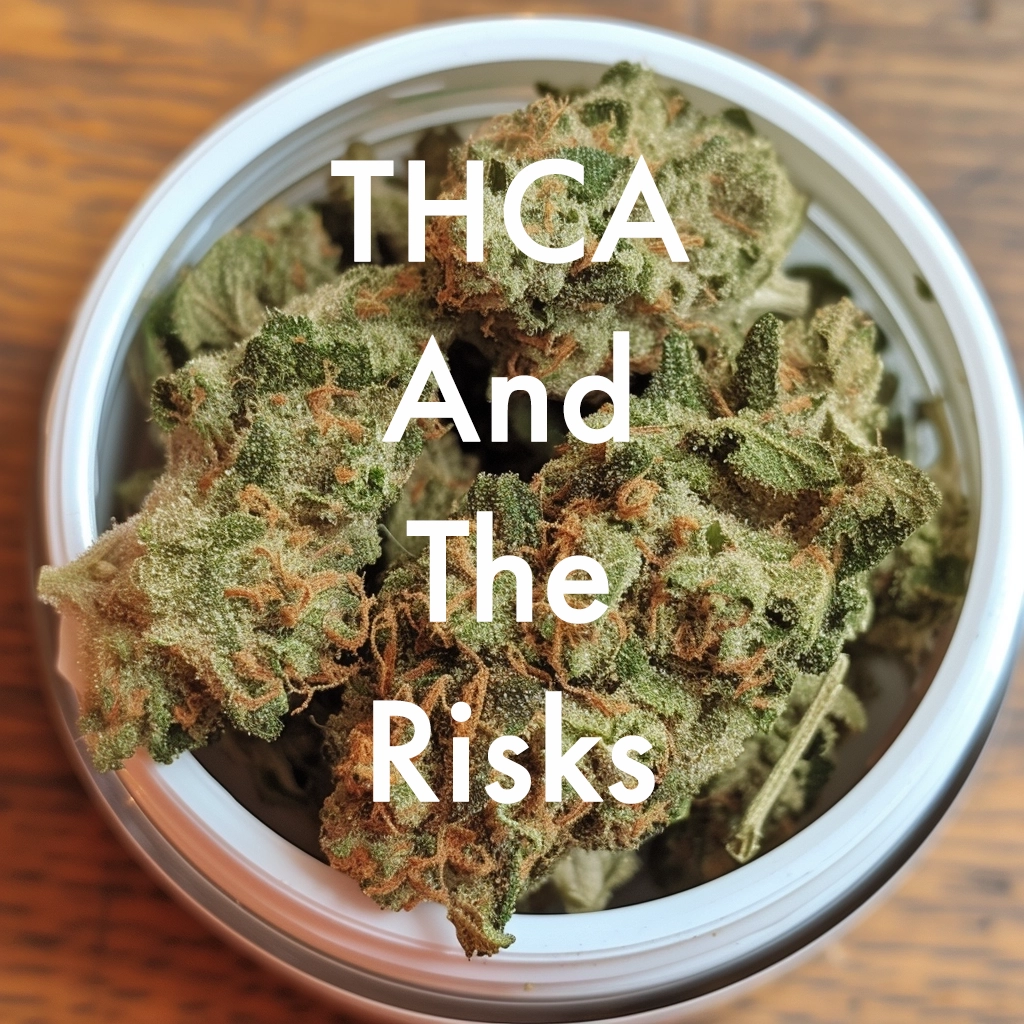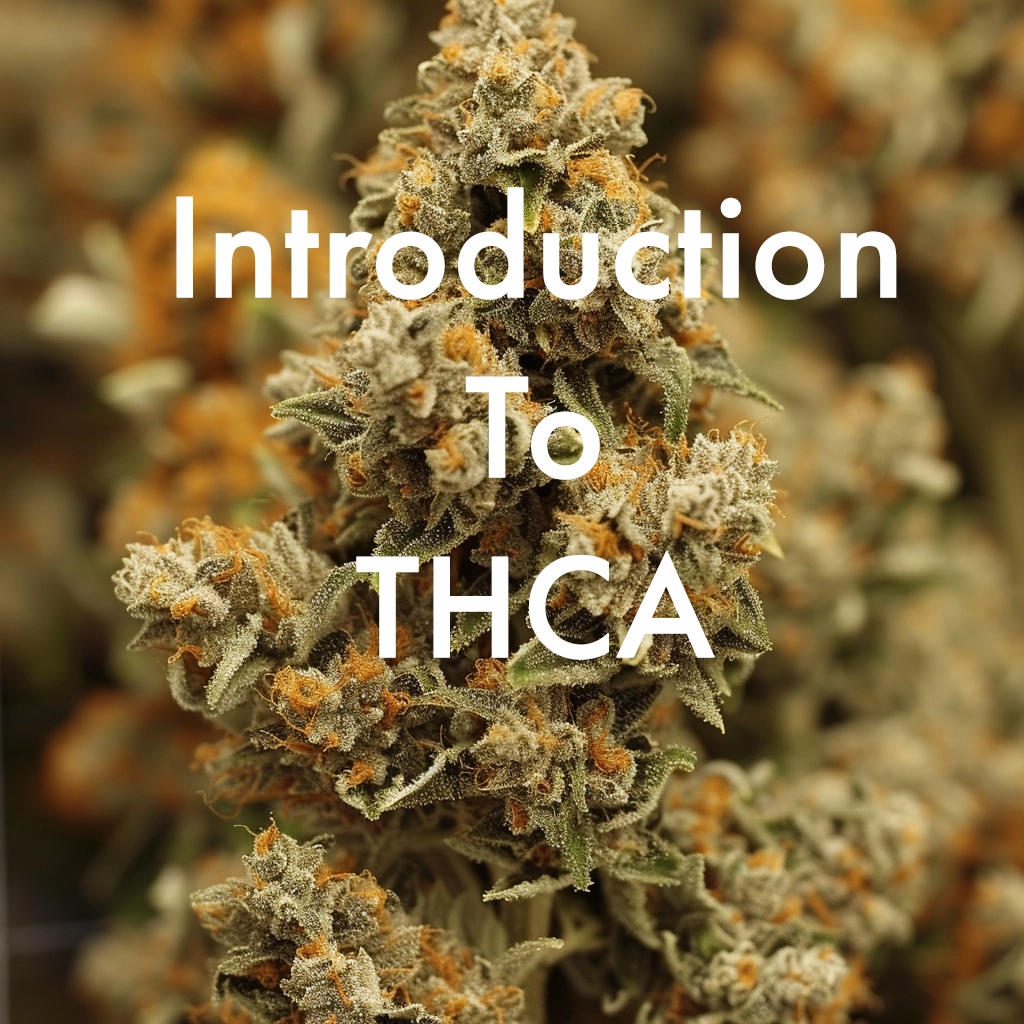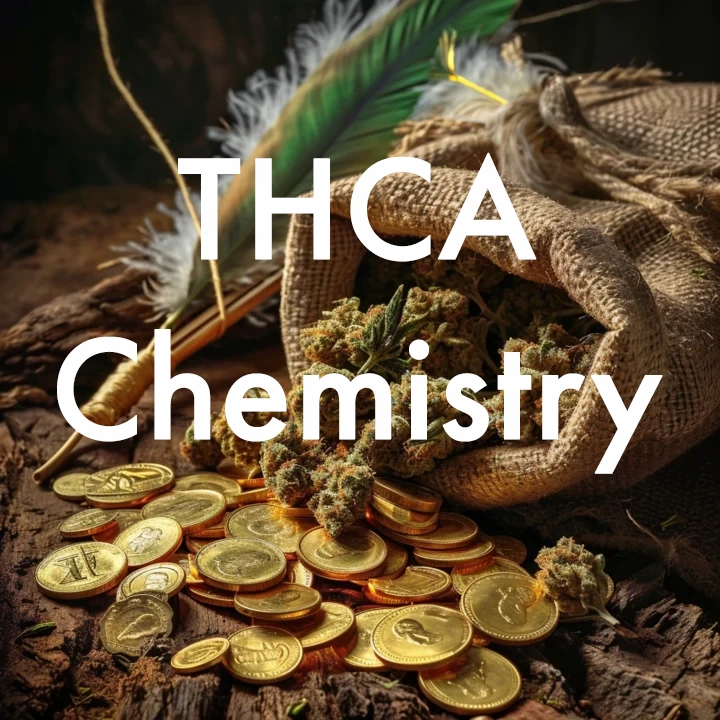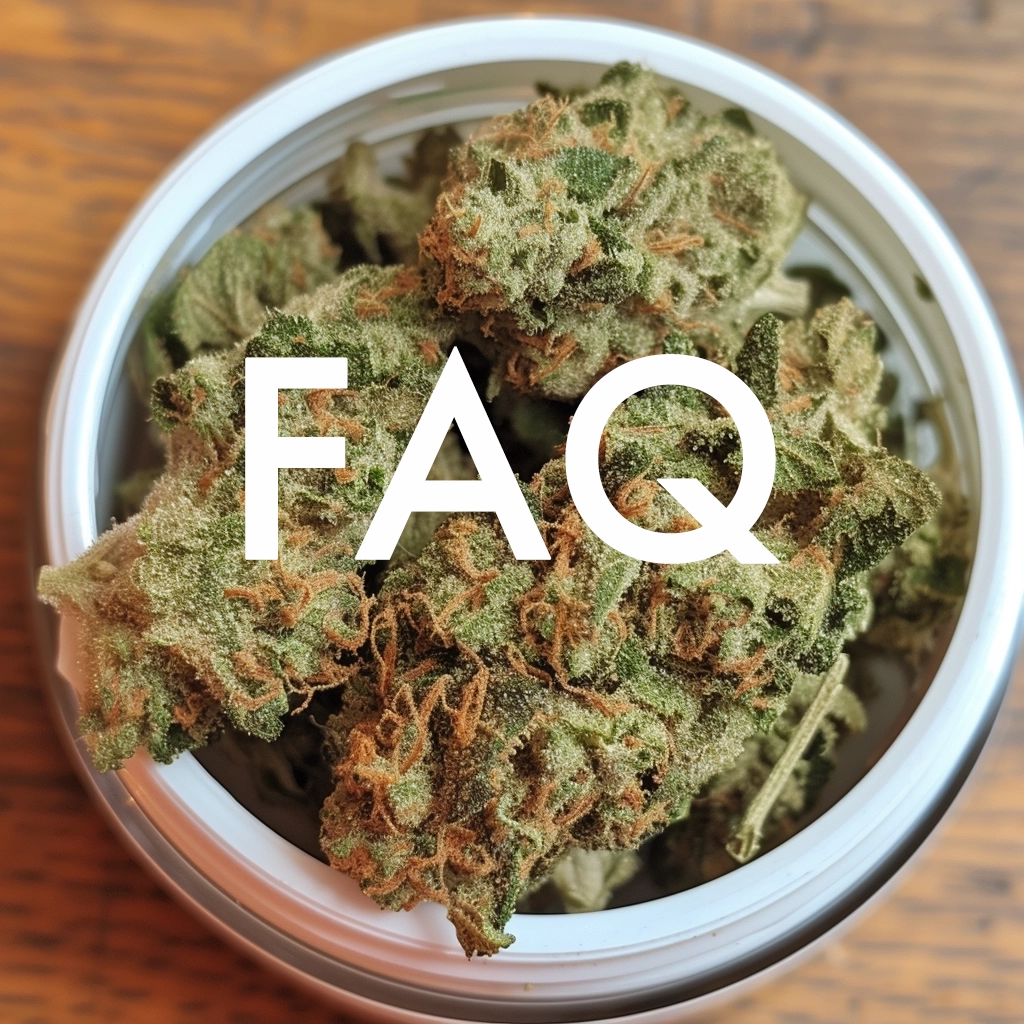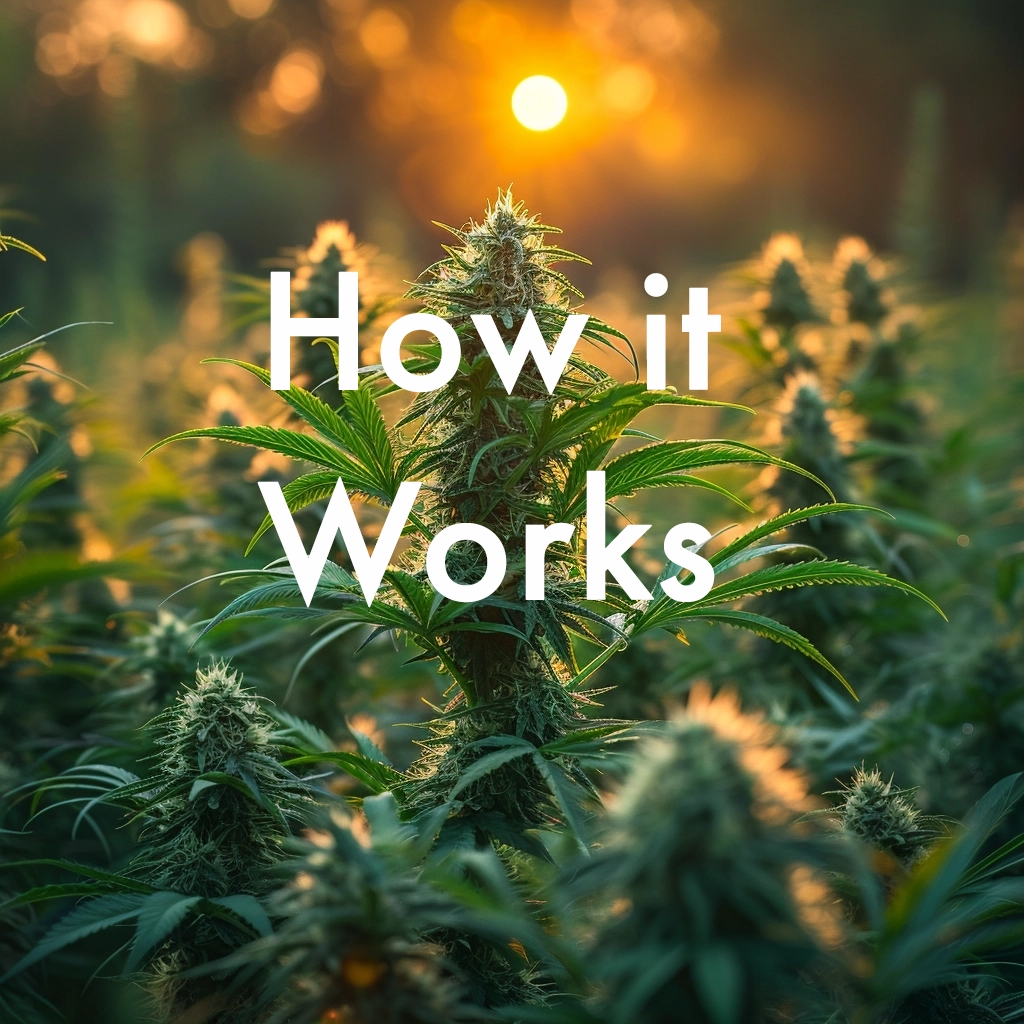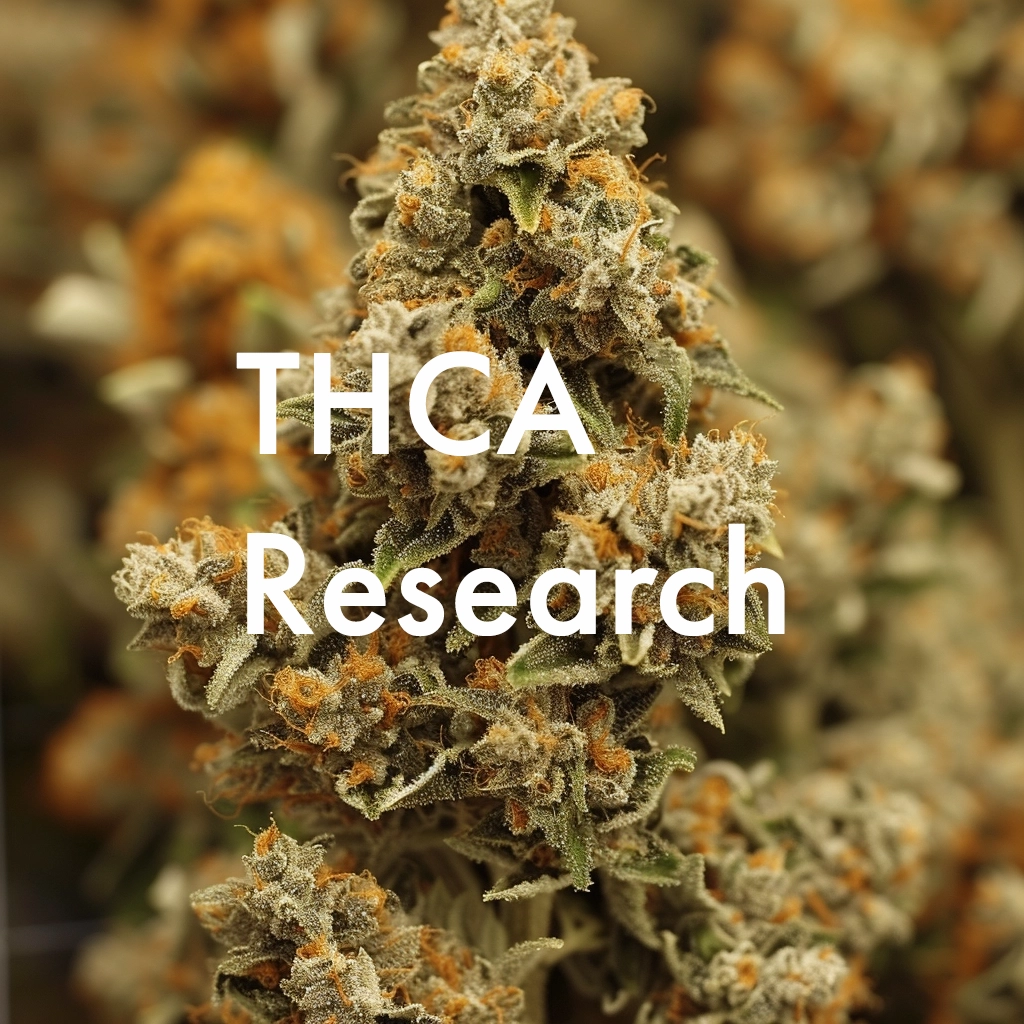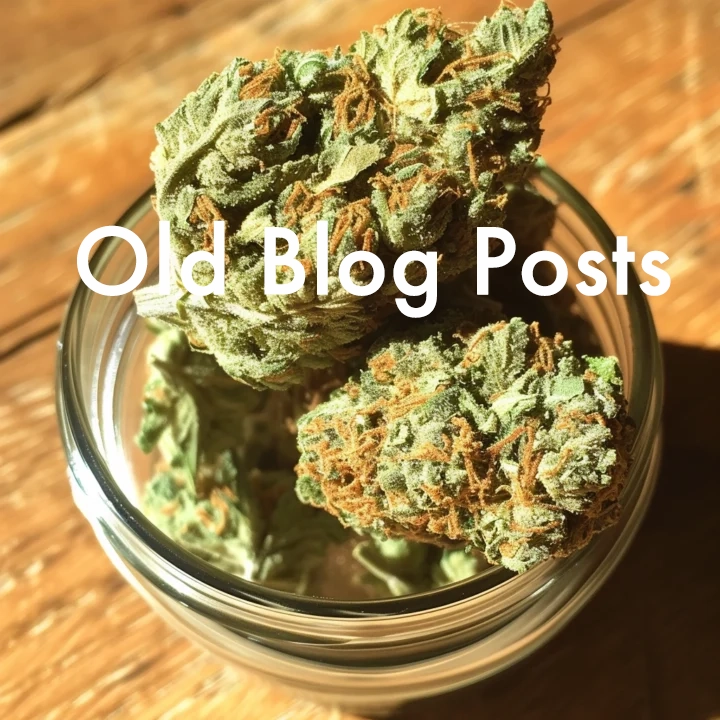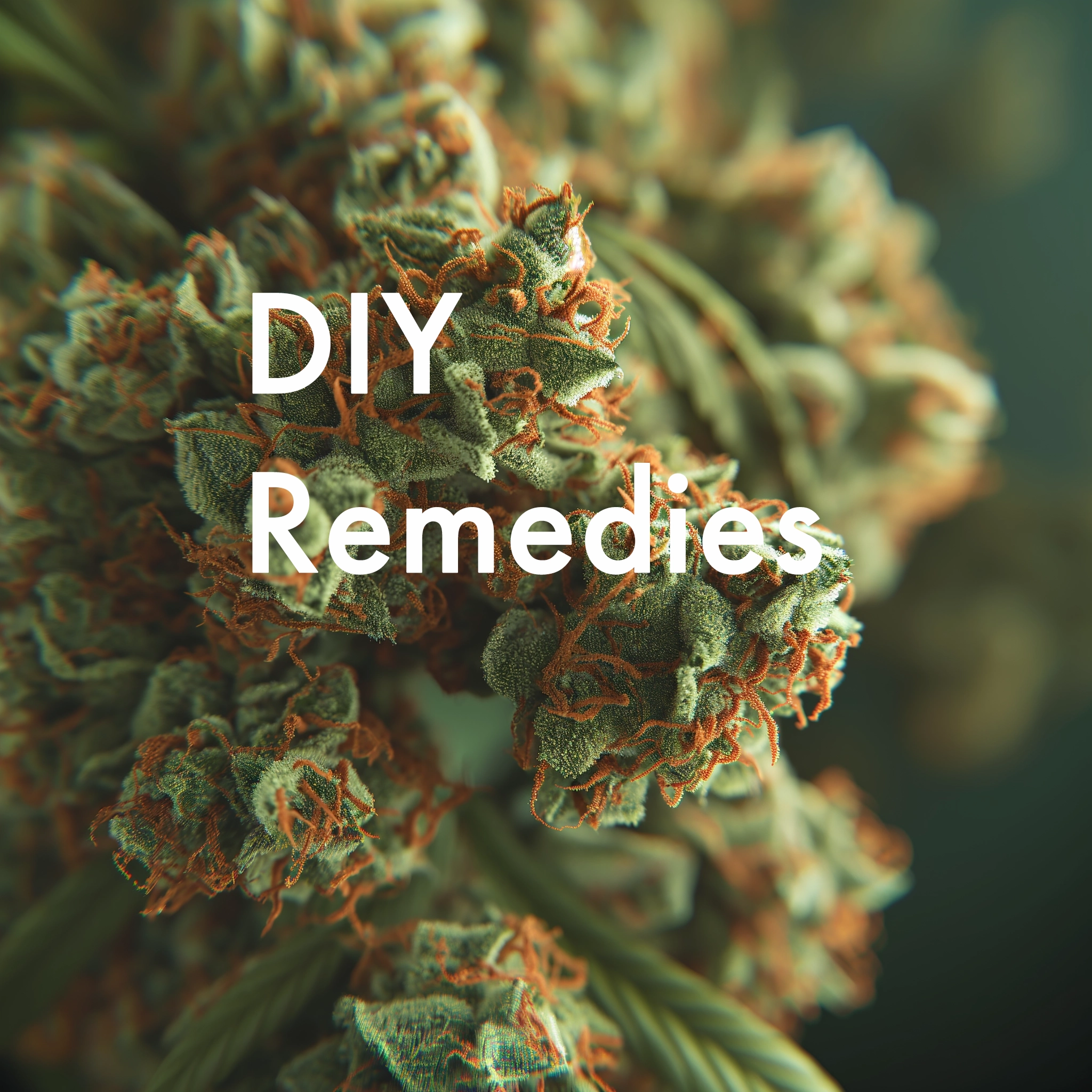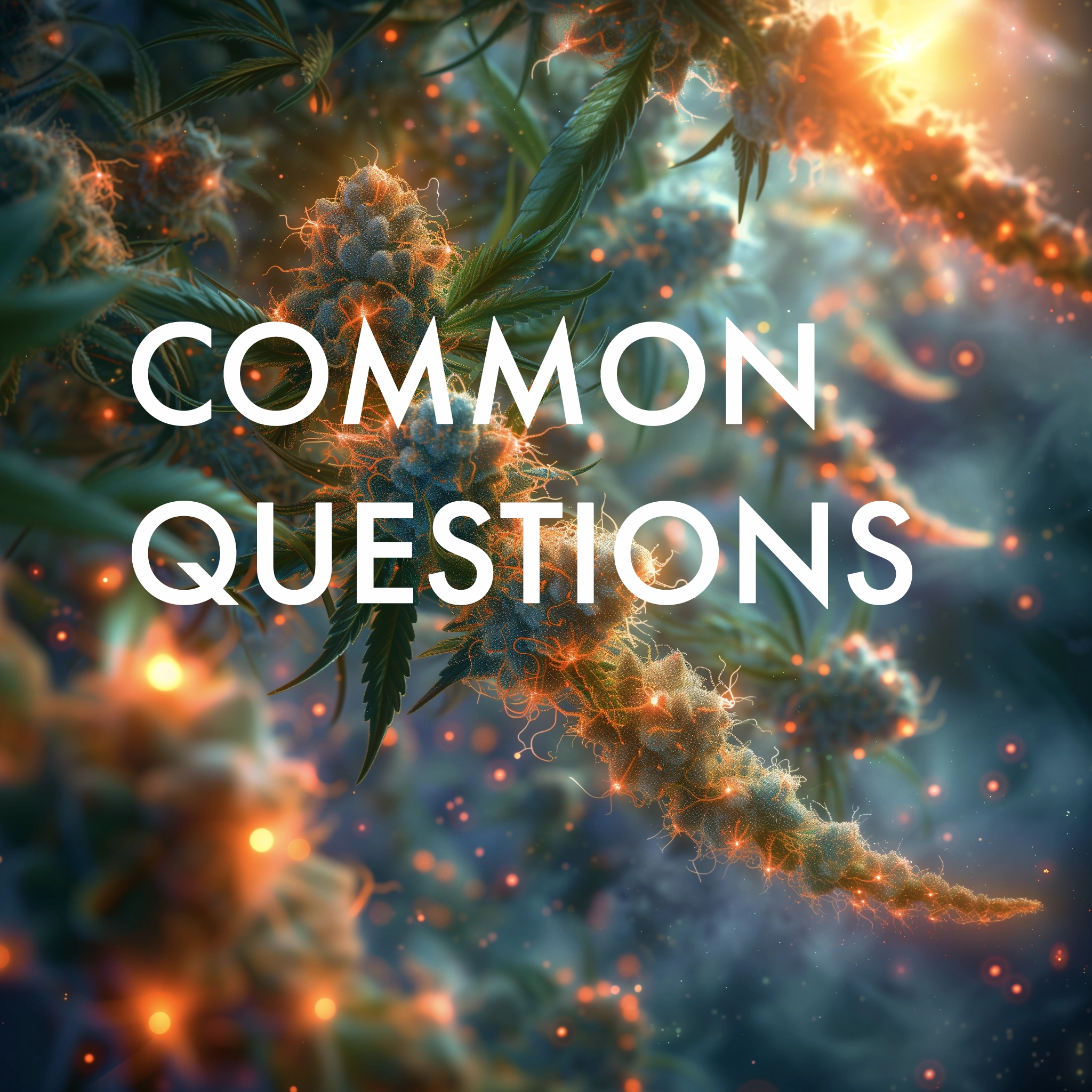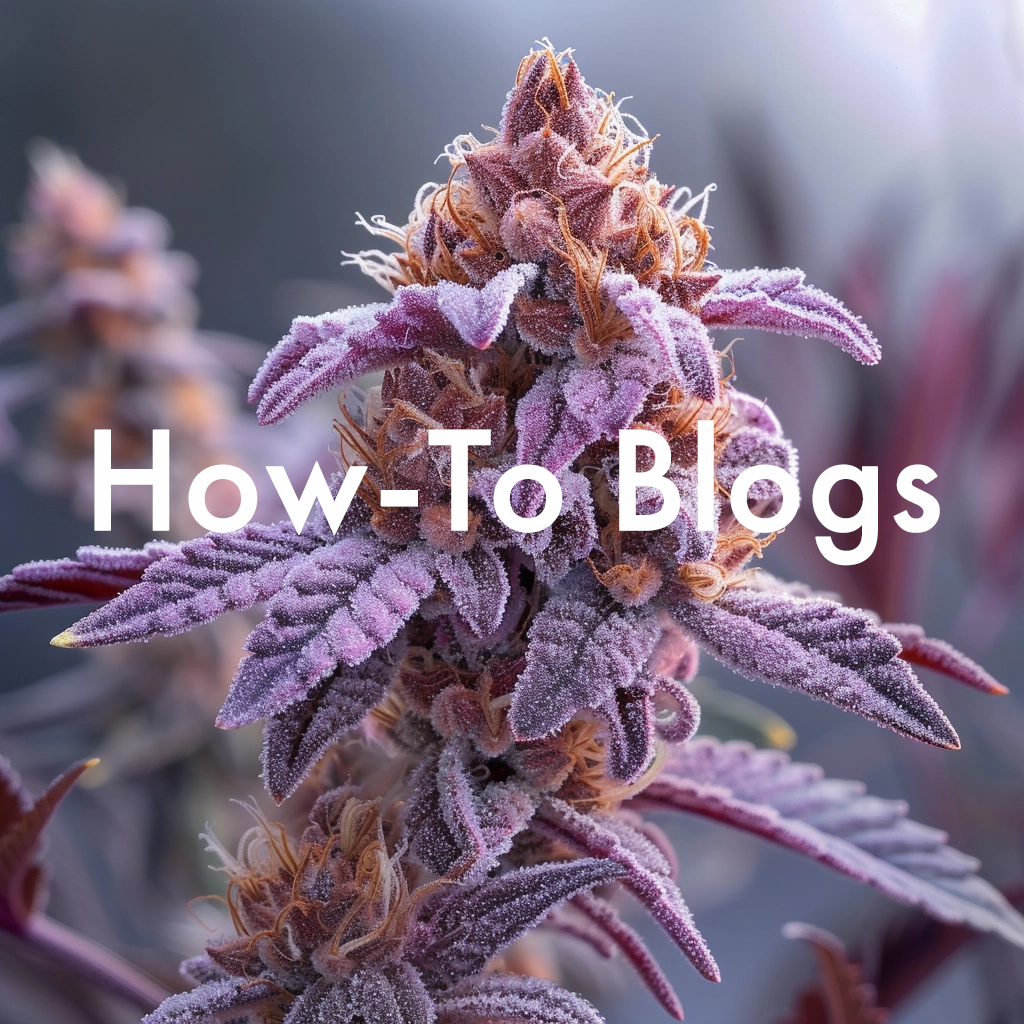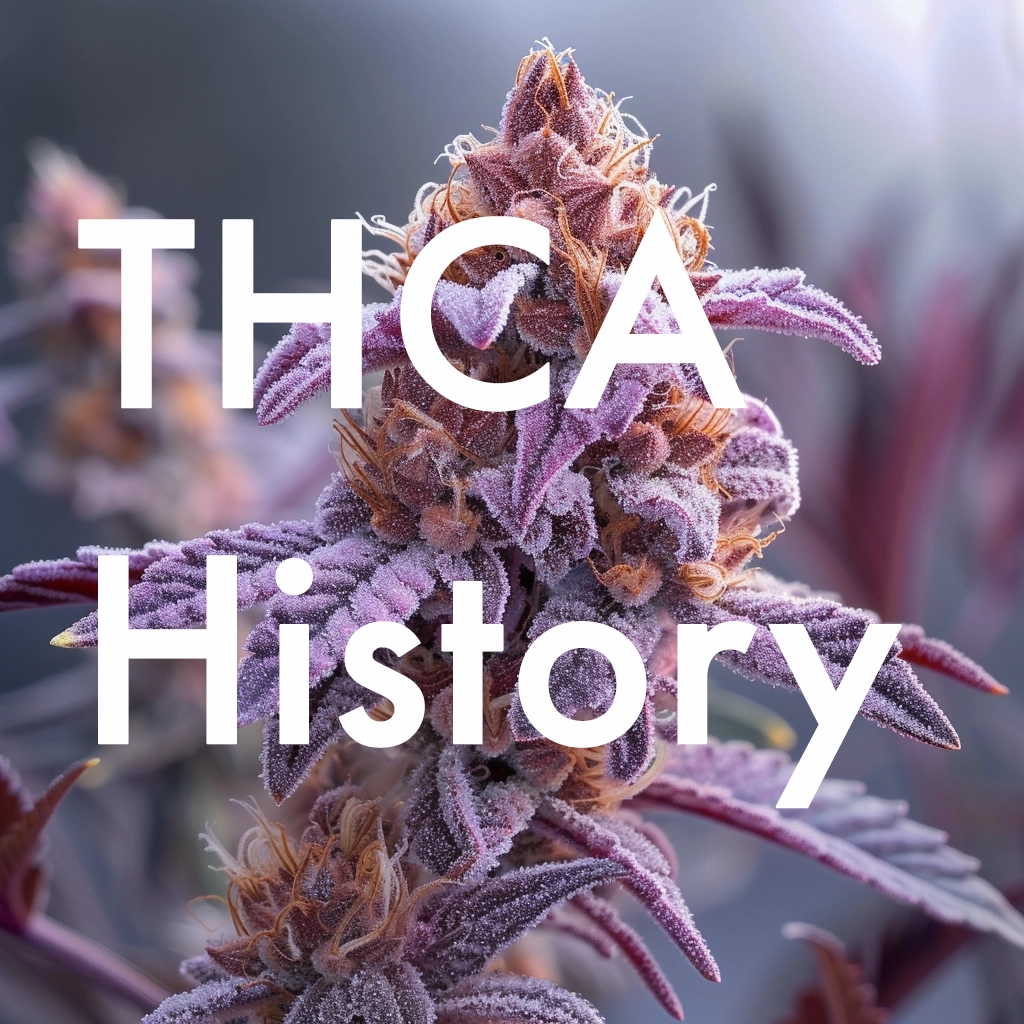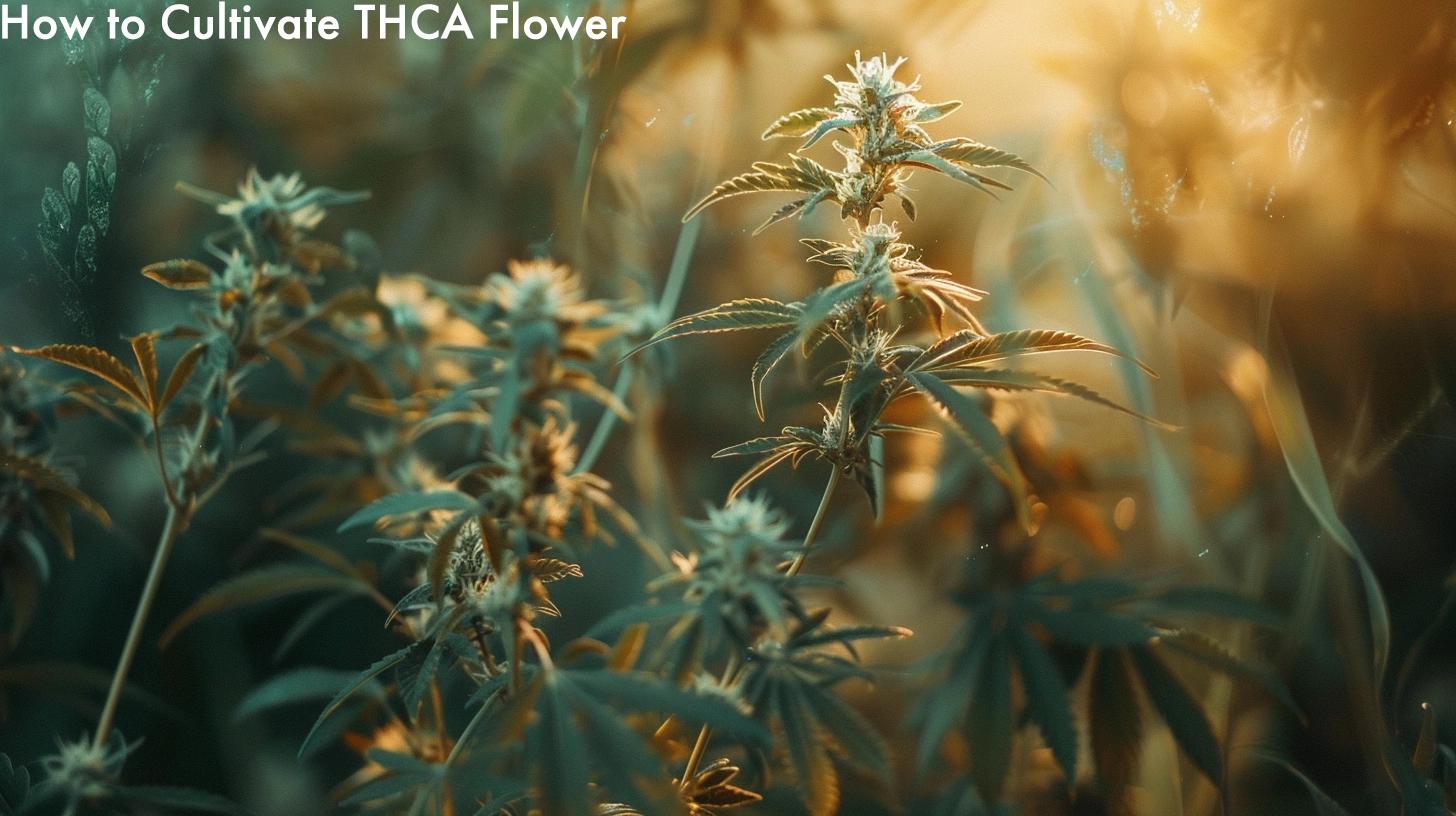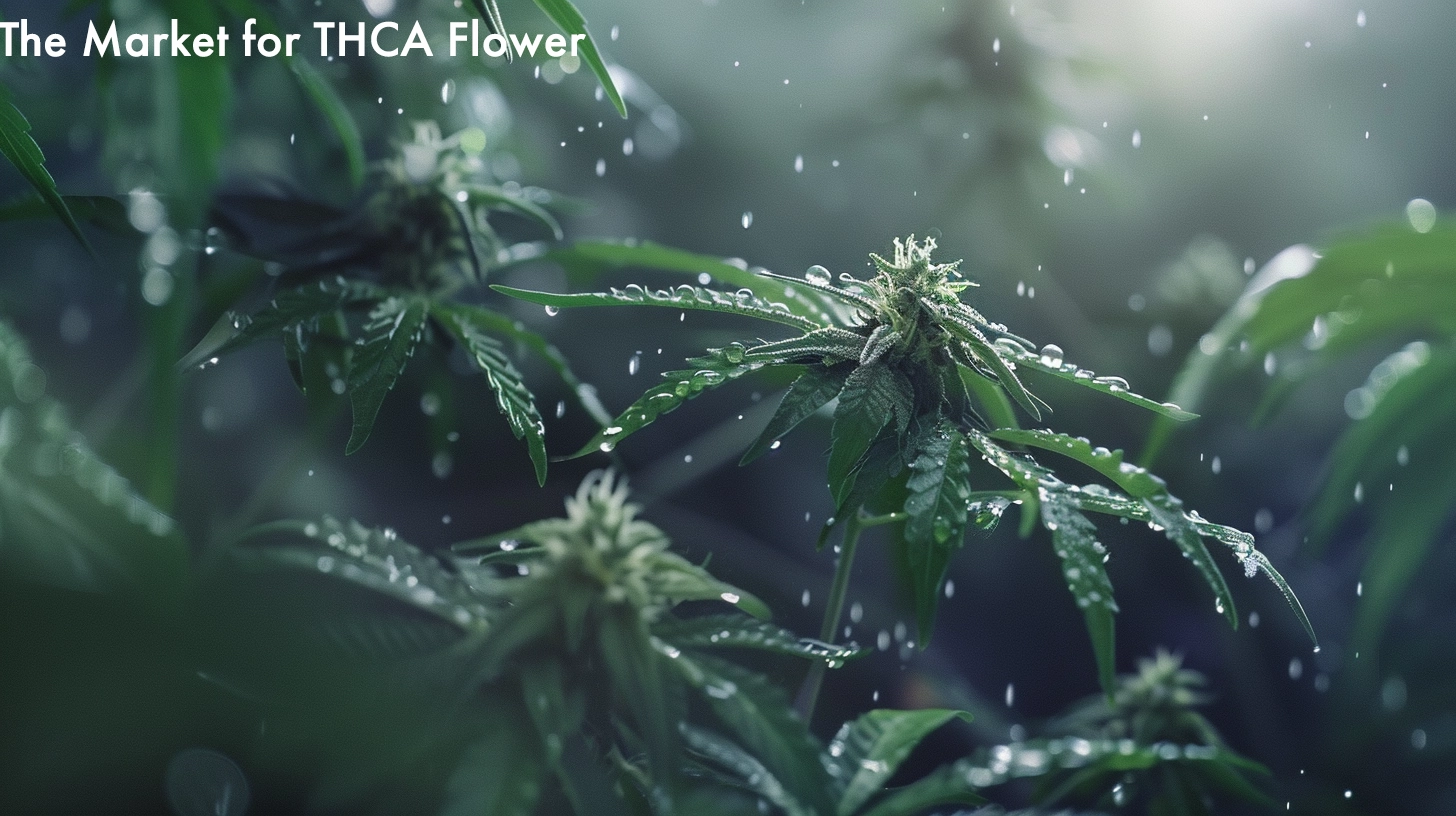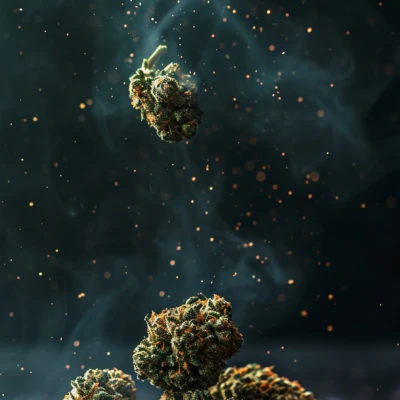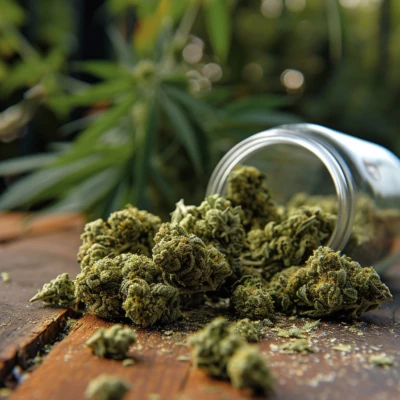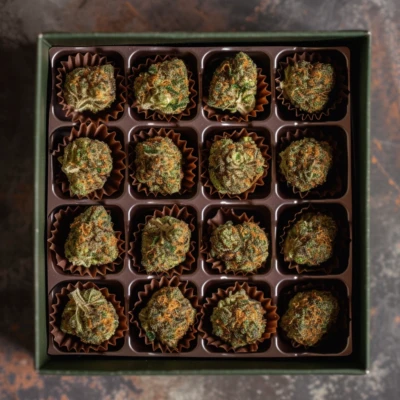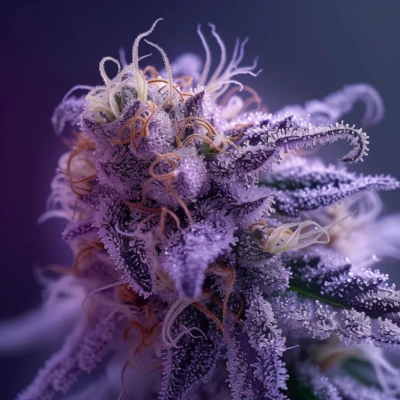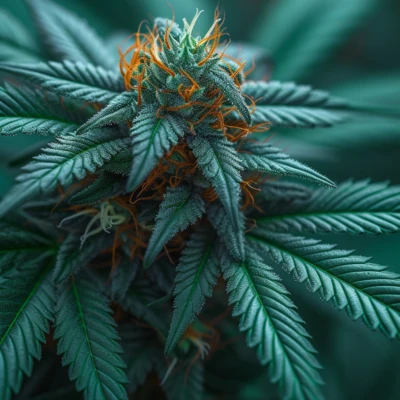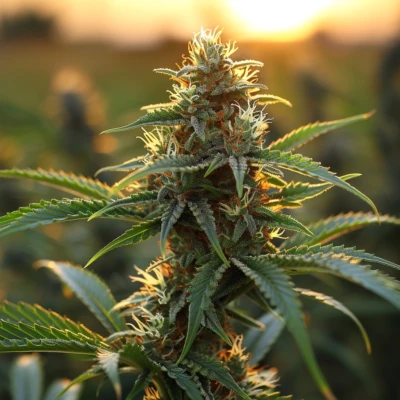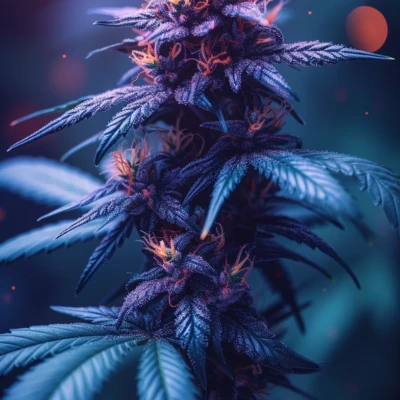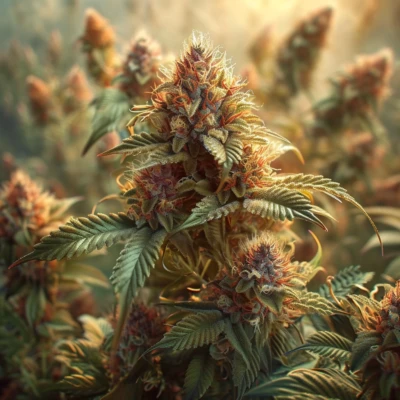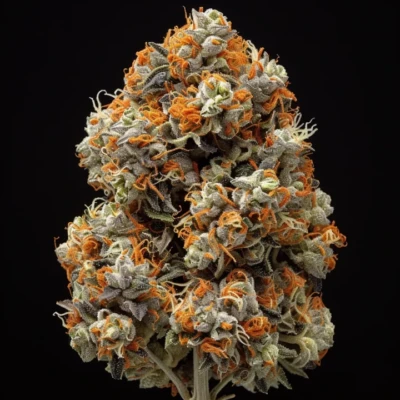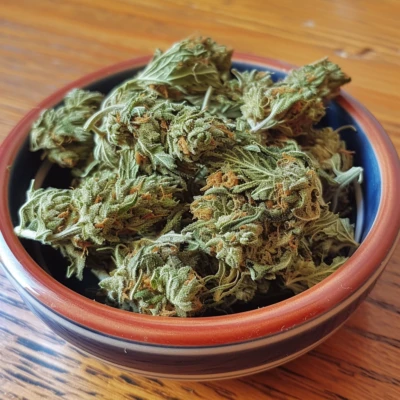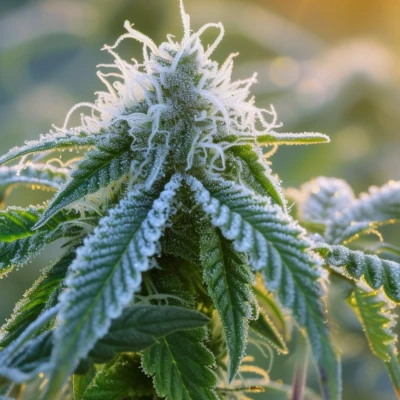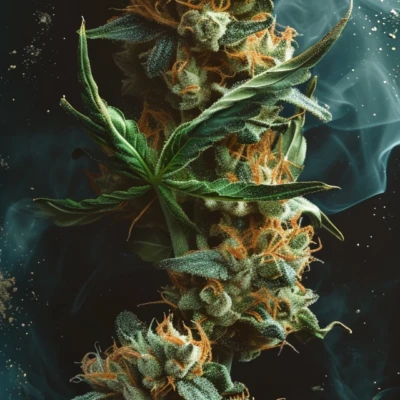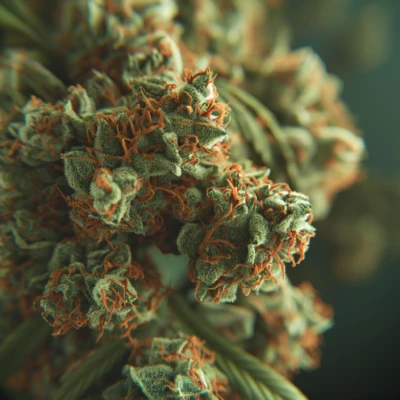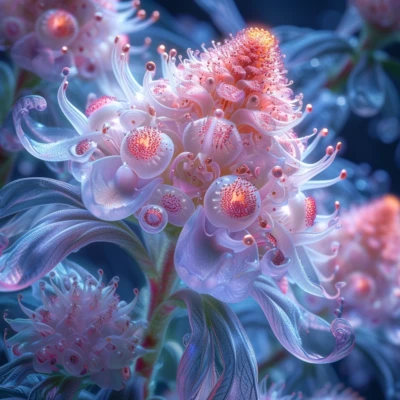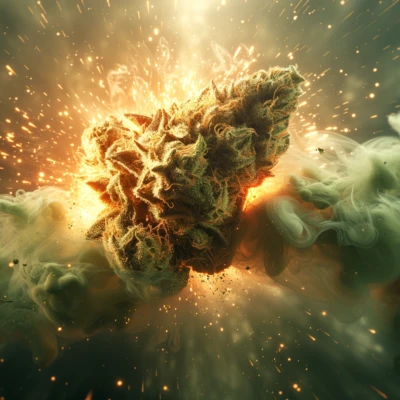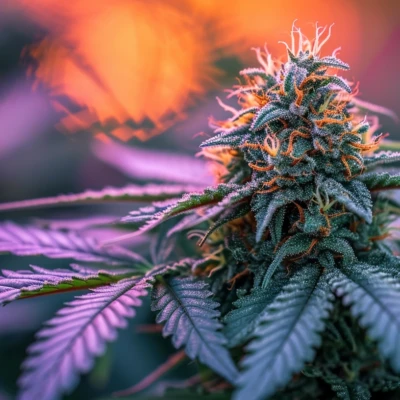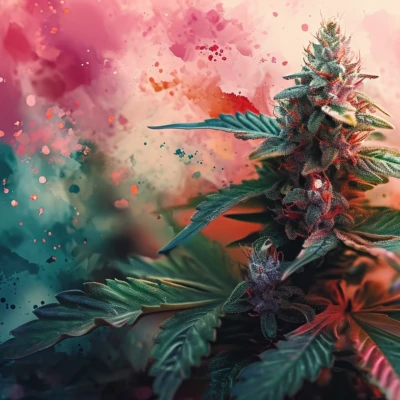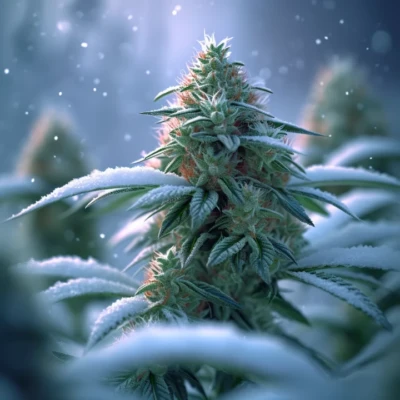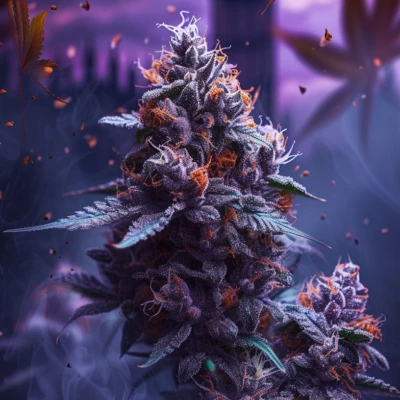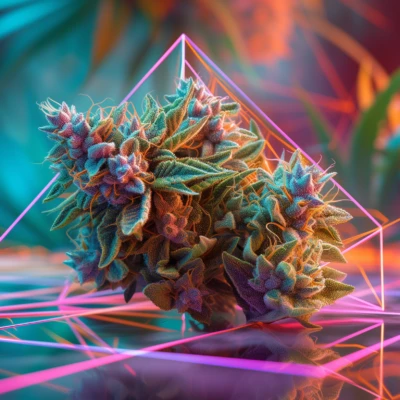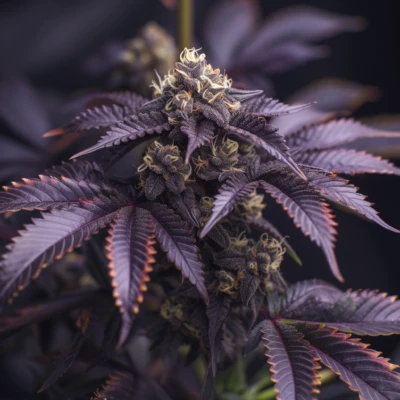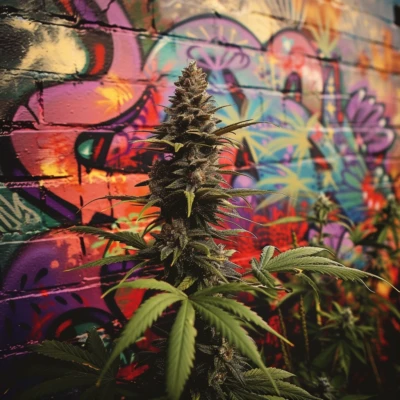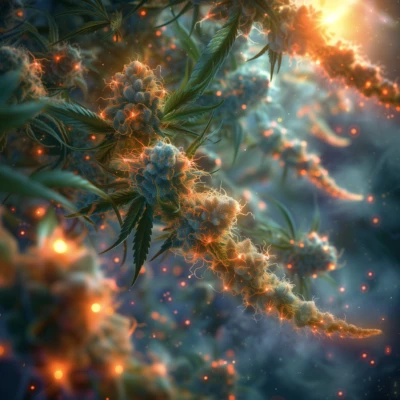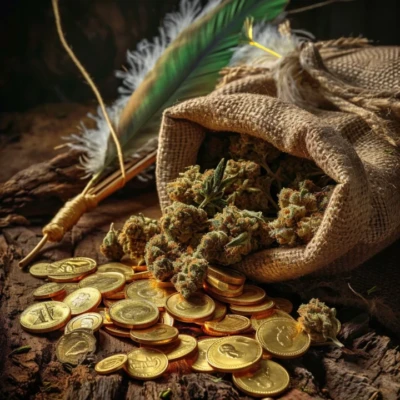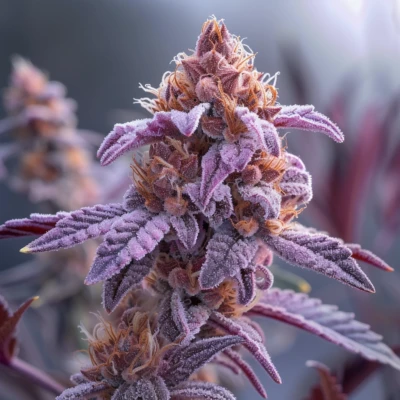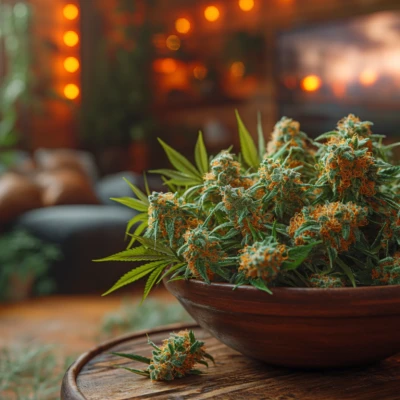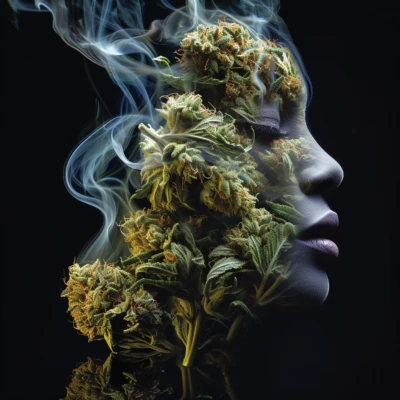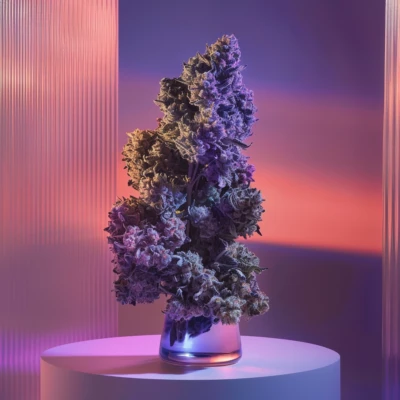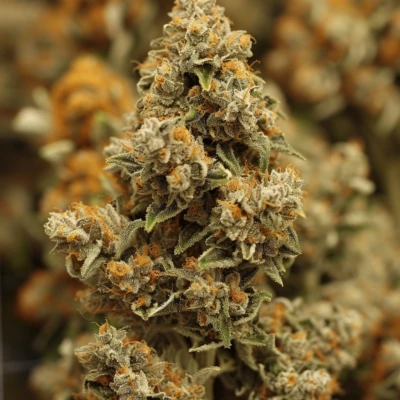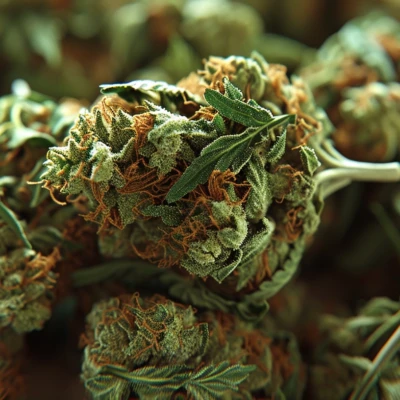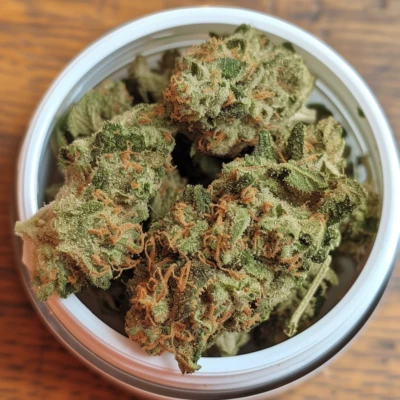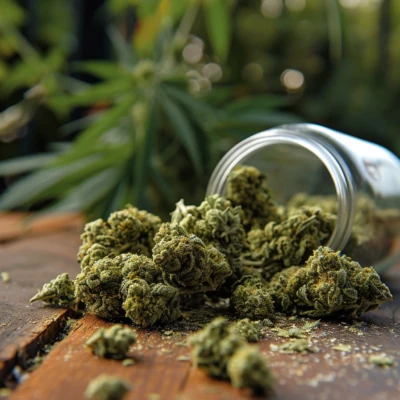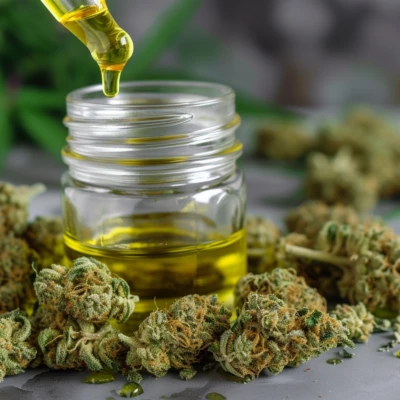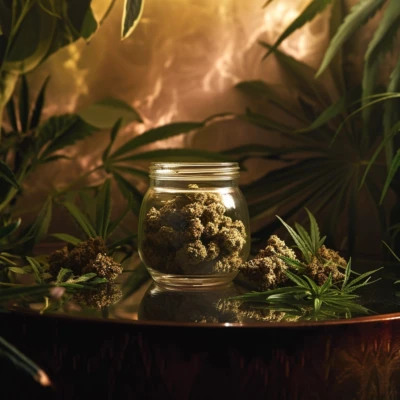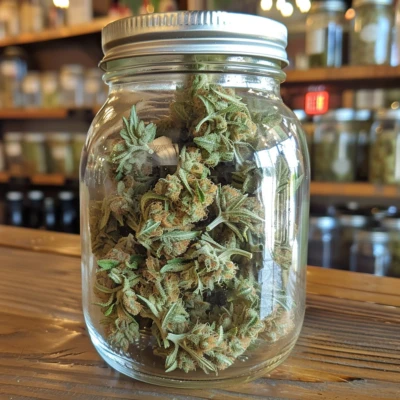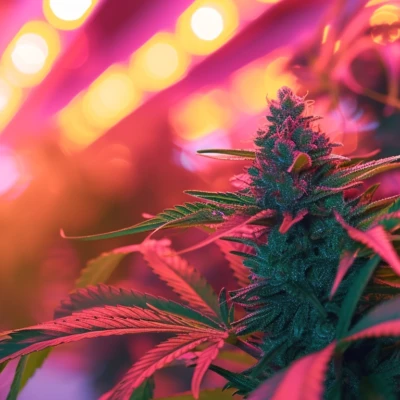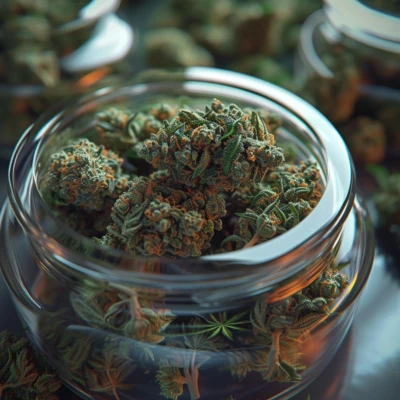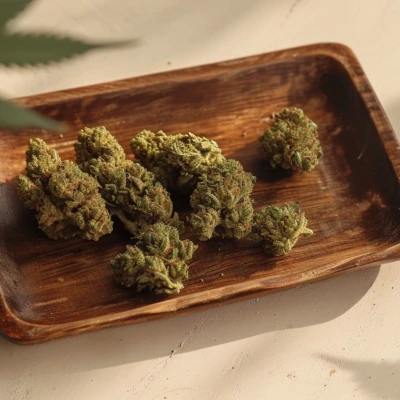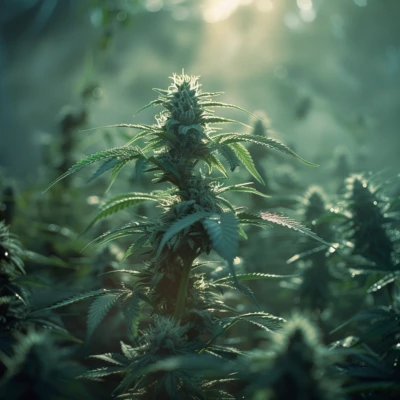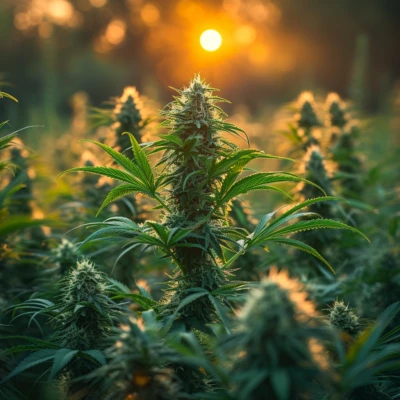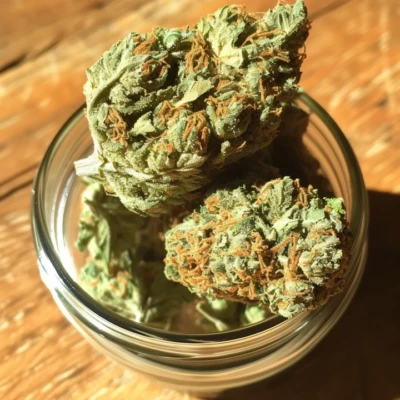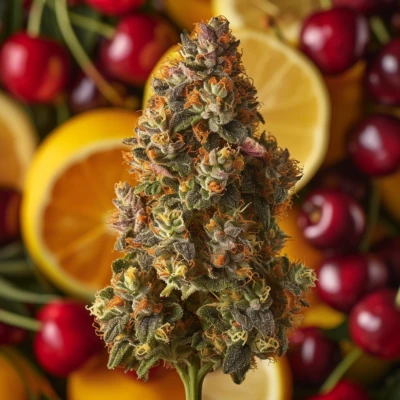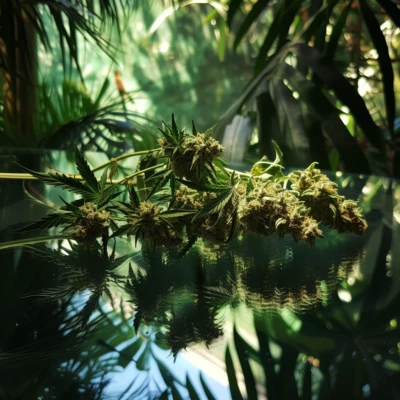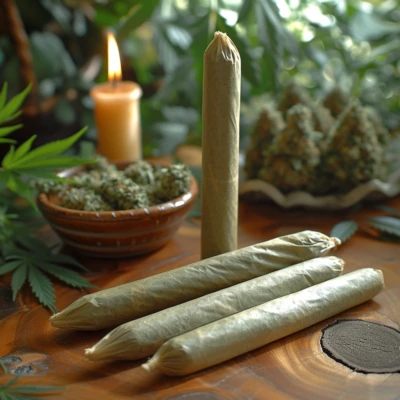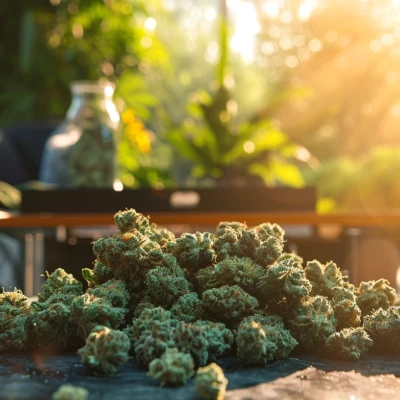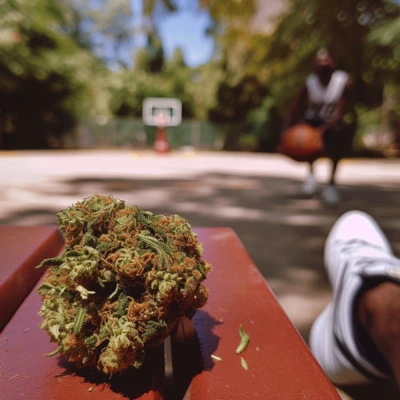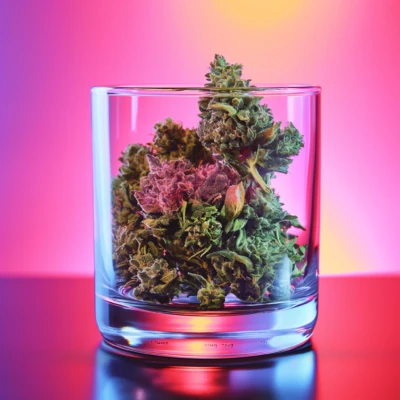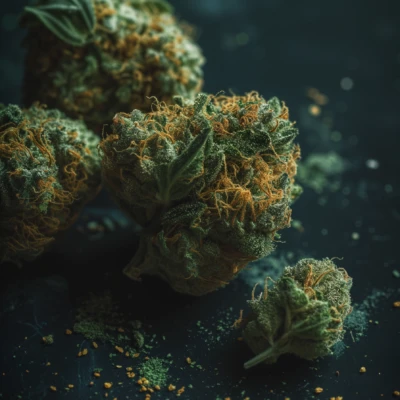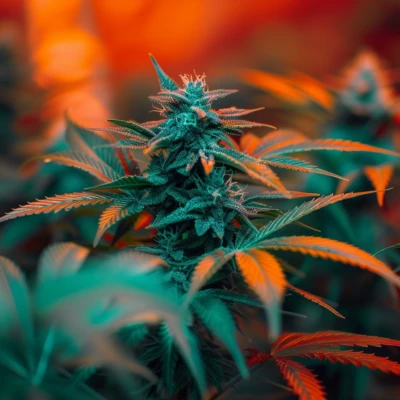THCa Products
THCA Flower: Future of Cannabis?
THCA Flower: The New Craze in the Cannabis Community
The world of cannabis is no stranger to innovation and new trends. The latest buzz in the industry is all about THCA flower, a process that is captivating growers and enthusiasts alike. But what exactly is THCA, and why is its flower becoming such a craze? Let’s dive into the details.
What is THCA?
Tetrahydrocannabinolic acid (THCA) is a non-psychoactive precursor to tetrahydrocannabinol (THC), the compound primarily responsible for the psychoactive effects of cannabis. In its raw form, THCA has its own range of potential benefits, including anti-inflammatory and neuroprotective properties. It’s only when THCA is decarboxylated, typically through heat, that it converts into the psychoactive THC.
The Appeal of THCA Flower
THCA flower refers to the cultivation of cannabis plants to optimize the production of THCA in the flowers. Unlike traditional focuses which might prioritize the overall yield or THC content, THCA flower aims to harvest the buds at a peak state where THCA is maximized before it converts into THC.
This approach is appealing for several reasons:
- Purity and Potency: By focusing on THCA, growers are able to produce a product that is potent in its unique properties, offering a different kind of experience for users who prefer the benefits of THCA.
- Legal Aspects: In some regions, THCA is not regulated as strictly as THC due to its non-psychoactive nature, providing a legal loophole for growers and consumers in areas with restrictive cannabis laws.
- Medical Benefits: The potential medical benefits of THCA are becoming more recognized. These include anti-inflammatory effects, which can be beneficial for conditions like arthritis, and neuroprotective properties that could aid in the treatment of neurodegenerative diseases.
The Cultivation Craze
The trend towards cultivating THCA-rich cannabis is fueled by both curiosity and science. Advanced cultivation techniques allow growers to carefully control the environment and timing of their crop, harvesting the plants at just the right moment to maximize THCA content without advancing to THC.
Innovations in cultivation technology, such as controlled lighting, temperature, and humidity, have made it possible for growers to fine-tune their processes. This precision agriculture is not just about producing a viable product but also about exploring the possibilities of cannabis as a plant.
Challenges and Considerations
While the interest in THCA flower is growing, it’s not without its challenges:
- Timing is Crucial: Harvesting at the precise time to maximize THCA content while minimizing THC conversion requires meticulous attention to detail and timing.
- Market Niche: Products derived from THCA-rich flowers are still a niche market, with a consumer base that might not be as large as that for high-THC products.
- Regulatory Uncertainty: As the legal landscape around cannabis continues to evolve, the status of THCA can change, affecting growers and consumers alike.
The Basics of THCA Flower
The Basics of THCA Flower: Understanding Its Unique Properties
As the cannabis industry continues to expand and diversify, THCA flower is emerging as a standout product due to its unique characteristics and non-psychoactive nature. This introductory article aims to shed light on what THCA flower is, how it differs from other cannabis products, and why it’s gaining popularity among both medicinal and wellness-focused users.
What is THCA Flower?
THCA, or tetrahydrocannabinolic acid, is a non-psychoactive cannabinoid found naturally in raw and live cannabis plants. When cannabis is heated, through smoking, vaping, or cooking, THCA converts into THC (tetrahydrocannabinol), the compound primarily responsible for the euphoric and psychoactive effects associated with marijuana. However, in its raw form, as THCA flower, it does not produce these psychoactive effects because it has not yet been decarboxylated (a process that converts THCA to THC).
Unique Properties of THCA Flower
THCA flower stands out from other cannabis products for several reasons:
- Non-Psychoactive: The most significant difference between THCA flower and other cannabis products is its non-psychoactive nature. This makes it an appealing option for those who seek the potential therapeutic benefits of cannabinoids without the high associated with THC.
- Raw Benefits: Consuming THCA flower in its raw form allows users to take advantage of the cannabinoid’s full spectrum of natural properties. Research suggests that THCA has anti-inflammatory, neuroprotective, and anti-proliferative qualities, which may help with conditions such as arthritis, neurodegenerative diseases, and potentially inhibit cancer cell growth.
- Versatility in Use: THCA flower can be used in various ways that do not involve heating, such as juicing, blending into smoothies, or as a garnish on salads. This versatility makes it easy to incorporate into a daily health regimen.
How THCA Flower Differs from Other Cannabis Products
While THCA is present in all raw cannabis products, THCA flower specifically refers to the buds of cannabis plants that are harvested for their high THCA content and minimal processing. Unlike CBD oil or traditional dried THC flowers, THCA flower is often used in its natural form to avoid converting THCA into THC. Here are a few ways THCA flower differs from other products:
- No High: Unlike products containing THC, THCA flower offers health benefits without the psychoactive effects, which is crucial for users who want to remain clear-headed and functional.
- Less Processing: THCA flower requires minimal processing. It is typically dried and cured but not decarboxylated, which preserves the THCA content.
- Legal Status: In some regions, THCA flower may occupy a different legal status than THC-rich products due to its non-intoxicating properties, although this is highly dependent on local cannabis laws.
Conclusion
THCA flower represents an exciting area of growth within the cannabis industry, appealing to a broad audience looking for alternative therapeutic options. Its non-psychoactive nature and potential health benefits make it a unique product, distinct from the more commonly known forms of cannabis. As research continues and consumer interest grows, THCA flower is likely to become a staple in the repertoire of health-conscious cannabis users seeking natural remedies.
Effects of THCa
“THCA is a non-psychoactive cannabinoid found in raw cannabis that offers various potential health benefits. Research suggests that THCA has anti-inflammatory properties, which can help alleviate conditions like arthritis and other inflammatory diseases. Additionally, THCA may have neuroprotective effects, potentially benefiting individuals with neurodegenerative disorders such as Alzheimer’s disease..” ~ Michelle Cameron
Feelings: Creative Uplifted Energetic Giggly Hunger Stones
Negatives: Dry Mouth Paranoid Dry Eyes Sleep and Calm
Helps with: Stress Anxiety Depression Appetite and Sleep
Research Articles on THCa
- Structure and function of∆ 1-tetrahydrocannabinolic acid
- Tetrahydrocannabinolic acid is a potent PPARγCan You Pass the Acid Test? Critical Review and
- Novel Therapeutic Perspectives of Δ9-Tetrahydrocannabinolic Acid
- Tetrahydrocannabinolic acid A (THCA-A) reduces adiposity and prevents metabolic disease caused by diet-induced obesity
- Taming THC: potential cannabis synergy and phytocannabinoid‐terpenoid entourage effects
Legal Aspects of THCA Flower
Legal Aspects of THCA Flower: Navigating the Complex Regulatory Landscape
The burgeoning interest in THCA flower within the cannabis industry has prompted a nuanced discussion about its legal status across various jurisdictions. Unlike THC, the psychoactive component commonly associated with marijuana, THCA is a non-psychoactive precursor found in raw cannabis plants. This distinction raises significant regulatory considerations and challenges that impact consumers, producers, and regulators. This article explores the complex legal landscape surrounding THCA flower, emphasizing the intricacies and distinctions from THC that influence its legal status globally.
Legal Distinctions Between THCA and THC
Understanding the legal nuances between THCA and THC is crucial for grasping the regulatory challenges associated with THCA flower. Chemically, THCA is the acid form of THC and does not produce psychoactive effects until it is decarboxylated (heated). This fundamental difference is central to the legal argument favoring less stringent regulations for THCA. However, the transformation of THCA into THC through simple processes like drying or heating complicates its legal status, blurring the lines in legislative terms.
Regional Variations in THCA Regulation
The regulation of THCA flower varies significantly across different regions, reflecting diverse approaches to cannabis legislation:
- United States: In the U.S., cannabis legality operates on a state-by-state basis, with federal law still classifying THC as a Schedule I drug. The 2018 Farm Bill federally legalized hemp (defined as cannabis with less than 0.3% THC) but did not explicitly address THCA. Consequently, states may interpret THCA regulations differently, depending on whether they consider the potential conversion of THCA to THC.
- European Union: The EU has a more harmonized approach to cannabis, generally classifying substances based on THC content. THCA is not specifically regulated; however, member states might regulate products containing THCA under national narcotics laws, especially considering its potential conversion into THC.
- Canada: With cannabis legalized for both medical and recreational use, Canada regulates THCA under the same framework as THC. This means that THCA flower is subject to the same strict controls and regulations as cannabis containing THC.
Challenges in Enforcing THCA Regulations
Enforcing regulations on THCA flower presents unique challenges. The primary issue lies in the difficulty of distinguishing between THCA and THC without detailed chemical analysis, as both compounds are present in the same plant. Law enforcement and regulatory bodies often lack the resources or technology to immediately discern the two, leading to potential legal ambiguities and challenges for individuals possessing THCA flower.
Another significant challenge is the public perception and understanding of THCA. Despite its non-psychoactive status, THCA is often lumped together with THC due to its association with cannabis, leading to potential stigma and misunderstanding among the general public and lawmakers.
Future Legal Considerations
As research into the benefits of THCA expands and public interest grows, there will likely be increased calls for clearer regulations that distinguish between THCA and THC. This could lead to more defined legal frameworks that better reflect the distinct properties of THCA, potentially easing restrictions on its use and opening up new markets for THCA products.
Conclusion
The legal landscape of THCA flower is complex and fraught with challenges. As the cannabis industry continues to evolve, it is imperative that both legislation and public perception align more closely with the scientific understanding of THCA’s properties. Doing so will not only clarify the legal status of THCA flower but also ensure that consumers can access its benefits in a safe and regulated environment. The future of THCA in the legal realm remains a dynamic and unfolding scenario, reflecting broader shifts in cannabis policy worldwide.
Comprehensive Consumer Guide to Using THCA Flower
Comprehensive Consumer Guide to Using THCA Flower: Dosage, Methods, and Practical Advice
As interest in the health benefits of cannabis continues to grow, THCA flower is gaining attention for its unique properties and non-psychoactive effects. Tetrahydrocannabinolic acid (THCA) is present in raw and live cannabis and becomes THC when heated, offering potential therapeutic benefits without the high associated with cannabis. This detailed guide provides essential information on how to use THCA flower effectively, covering dosage, methods of consumption, and practical tips to ensure a safe and beneficial experience.
Understanding THCA Flower
Before diving into the specifics of using THCA flower, it’s crucial to understand what it is. THCA is the non-psychoactive precursor to THC found in the raw cannabis plant. It offers anti-inflammatory, neuroprotective, and anti-proliferative properties, which have sparked interest in its potential medical and wellness uses.
Dosage Considerations
Determining the right dosage of THCA flower can be challenging, as it largely depends on individual factors such as body weight, metabolism, and the specific conditions being targeted. Here are some general guidelines to consider:
- Start Low and Go Slow: Begin with a small amount, especially if you are new to using THCA flower. Gradually increase the dosage as you observe how your body reacts.
- Consult Healthcare Providers: It’s advisable to consult with a healthcare provider, particularly one experienced with cannabis use, to determine an appropriate starting dose and adjust as necessary based on your health needs.
- Consistency is Key: Regular, consistent usage of THCA flower can lead to more noticeable benefits, particularly for chronic conditions.
Methods of Consumption
THCA flower can be consumed in several ways, each offering different advantages. Here’s how to utilize THCA flower without converting it into THC:
- Juicing: One of the most effective ways to consume THCA flower is by juicing raw cannabis leaves and buds. This method preserves the raw cannabinoids and makes them easy to ingest as part of a daily health regimen.
- Smoothies: Adding raw THCA flower to smoothies is another excellent way to consume it. Blend it with other health-boosting ingredients like fruits, vegetables, and proteins to make a nutritious and therapeutic beverage.
- Eating Raw: You can consume THCA flower directly by sprinkling it over salads or into foods. However, ensure it does not undergo any heating process, which would convert THCA into THC.
- Tinctures: THCA tinctures are available and provide a controlled way to administer a precise dosage. Tinctures can be added to foods or beverages or taken sublingually (under the tongue).
Practical Advice for Using THCA Flower
- Storage: To maintain the integrity and potency of THCA flower, store it in a cool, dark place. Exposure to heat, light, or air can degrade THCA and prompt its conversion to THC.
- Legal Considerations: Always be aware of the local laws regarding cannabis and THCA products. In some areas, even non-psychoactive components like THCA may fall under regulatory scrutiny.
- Quality and Sourcing: Opt for high-quality, organically grown THCA flower from reputable sources. Quality plays a significant role in the effectiveness of the benefits and the overall safety of the product.
Conclusion
Using THCA flower can be a valuable addition to a health and wellness routine, particularly for those looking to leverage the benefits of cannabis without the psychoactive effects. By understanding the proper dosages, methods of consumption, and other practical considerations, consumers can effectively and safely use THCA flower to potentially improve their quality of life. Whether integrating it into your diet through juicing or taking it as a tincture, the key to success with THCA flower lies in personalized, informed, and responsible use.
Common Questions about THCa (FAQ)
What is THCa vs THC?
How long does THCa last in your system?
How is THCA flower made?
Which is stronger, THCa or THC?
What does THCa do to the brain?
What is a high THCa percentage?
Does THCa turn into Delta 9 when smoked?
How is THCa legal?
What are the effects of smoking THCa?
Is THCa safe for driving?
Does thca get you high when smoked?
How do you smoke THCa flower?
THCA Flower vs. CBD Products
Comparative Analysis: THCA Flower vs. CBD Products
The burgeoning world of cannabis and hemp offers a variety of compounds with potential health benefits, among which THCA flower and CBD products stand out. While both come from the same plant, they are markedly different in terms of chemical properties, uses, and effects on the body. This article will delve into these differences and highlight the potential advantages of each, helping consumers make informed choices based on their health needs and personal preferences.
What is THCA Flower?
THCA flower refers to the raw flower of the cannabis plant that has not been decarboxylated (a process that involves heating and converts THCA to THC). THCA, or tetrahydrocannabinolic acid, is the non-psychoactive precursor to THC. In its raw form, THCA has several purported health benefits, including anti-inflammatory, neuroprotective, and anti-proliferative effects.
What are CBD Products?
CBD, or cannabidiol, is another cannabinoid found in cannabis and hemp plants. Unlike THC, CBD does not produce psychoactive effects. CBD products are derived from strains of cannabis that are high in CBD but very low in THC. They come in various forms, including oils, tinctures, edibles, and topicals. CBD is celebrated for its potential therapeutic effects, such as pain relief, anxiety reduction, and improvement in sleep quality.
Comparing Properties
Chemical Structure: THCA is the acidic form of THC and requires decarboxylation to become psychoactive. CBD, on the other hand, is non-psychoactive in all its forms and does not transform into another compound under heat.
Source: Both THCA and CBD can be derived from the cannabis plant, but CBD is also commonly extracted from industrial hemp, especially in regions where cannabis is still regulated.
Uses and Effects
THCA Flower:
- Non-Psychoactive Benefits: As THCA does not convert to THC without heating, it does not cause euphoria or the “high” associated with THC. This makes it suitable for consumers who are interested in the therapeutic benefits of cannabis without psychoactive effects.
- Potential Medical Applications: Preliminary research suggests THCA has strong anti-inflammatory properties, making it potentially useful for conditions like arthritis. Its neuroprotective properties may also make it beneficial in the management of neurodegenerative diseases.
CBD Products:
- Broader Acceptance: CBD is legal in many countries, especially when derived from hemp, which typically contains less than 0.3% THC.
- Diverse Therapeutic Uses: CBD has been studied more extensively than THCA and is recognized for its ability to alleviate conditions such as anxiety, chronic pain, and epilepsy.
- Variety of Products: CBD is available in a wider range of products compared to THCA flower. These include edibles, oils, creams, and capsules, offering users multiple ways to incorporate it into their wellness routine.
Potential Advantages
THCA Flower:
- Offers the benefits of a raw, less processed product.
- May have unique anti-inflammatory and neuroprotective effects that are distinct from those of CBD.
- Suitable for users who wish to avoid the psychoactive effects of THC while benefiting from other cannabinoids.
CBD Products:
- Widely available and extensively researched, making it easier for consumers to access reliable products.
- Non-psychoactive and typically has no legal restrictions when sourced from hemp, making it accessible even in regions with strict cannabis laws.
- Comes in various forms and concentrations, allowing for tailored dosages and methods of administration.
Conclusion
Both THCA flower and CBD products offer distinct benefits and can be chosen based on individual health goals and legal considerations. While THCA flower provides a potent, non-psychoactive option directly from the cannabis plant, CBD products offer versatility and widespread availability, making them a staple in the wellness industry. Understanding the differences and potential uses of each can guide consumers toward the options that best meet their health and wellness needs.
Medical Benefits of THCA Flower
Discovering the Potential: Medical Benefits of THCA Flower
As the cannabis industry continues to unfold, new research highlights the profound potential of THCA flower, particularly its anti-inflammatory and neuroprotective effects. Unlike THC, THCA—the raw, non-psychoactive cannabinoid found in cannabis—does not produce a high, making it an excellent option for those seeking the medicinal benefits of cannabis without the psychoactive effects. This blog post delves into the latest scientific studies and clinical trials to advocate for the significant medical potential of THCA flower.
THCA Flower: A Powerful Anti-Inflammatory
Chronic inflammation is a root cause of numerous diseases, including arthritis, diabetes, and heart disease. The search for effective anti-inflammatory treatments is ongoing, with THCA flower emerging as a promising candidate. Recent research has revealed that THCA possesses potent anti-inflammatory properties that could revolutionize how we treat these conditions.
A pivotal study published in the Journal of Biological Chemistry demonstrated that THCA can significantly inhibit the activity of COX-1 and COX-2 enzymes. These enzymes are involved in the inflammatory process, and their inhibition can reduce swelling, pain, and other symptoms associated with inflammation. Unlike traditional nonsteroidal anti-inflammatory drugs (NSAIDs), THCA achieves this without the harsh side effects on the gastrointestinal tract and cardiovascular system, presenting a safer alternative for long-term use.
THCA’s Role in Neuroprotection
Neurodegenerative diseases such as Alzheimer’s and Parkinson’s pose significant challenges to healthcare systems worldwide. THCA flower might hold the key to new, effective treatments thanks to its neuroprotective properties. Research indicates that THCA has the ability to safeguard brain cells from damage and support overall brain health.
A groundbreaking study in Phytomedicine showed that THCA could protect neurons from neurotoxicity caused by glutamate—an excitotoxin linked with neurodegenerative diseases. By mitigating the effects of glutamate, THCA could potentially slow the progression of neurodegenerative diseases and improve quality of life for affected individuals. This kind of neuroprotection not only highlights THCA’s potential in treating serious neurological conditions but also underscores its role in maintaining cognitive function, potentially even enhancing brain health in the general population.
The Case for Clinical Trials
Despite these promising findings, the path to widespread acceptance and understanding of THCA’s benefits is incomplete without clinical trials. These trials are essential to confirm the therapeutic potential of THCA flower in humans, determine effective dosages, and ensure safety. While preclinical studies provide a strong foundation, real-world applications in clinical settings could offer undeniable proof of THCA’s efficacy and pave the way for new treatments.
Why We Need More Focus on THCA
The potential medical benefits of THCA flower are too significant to ignore. With its promising anti-inflammatory and neuroprotective effects, THCA could be at the forefront of a new wave of treatments that offer efficacy without the severe side effects associated with many current medications. However, to fully harness this potential, increased research funding and a shift in regulatory perspectives are necessary. By focusing more resources on exploring THCA, we can potentially unlock revolutionary treatments for a range of debilitating conditions. The time to explore and advocate for THCA flower is now—its future in medical science could be as transformative as it is green.
THCa Photos
The Market for THCA Flower
The Market for THCA Flower: Current Trends and Consumer Insights
The cannabis industry has seen a dynamic shift with the rising popularity of THCA flower, a product that offers the health benefits of cannabis without the psychoactive effects of THC. As this niche market grows, understanding the current trends, consumer demographics, and future developments becomes crucial for stakeholders and enthusiasts alike. This blog post delves into the THCA flower market, providing a comprehensive analysis of who is buying, why they’re interested, and what we can expect as this sector evolves.
Understanding THCA Flower
Before we explore the market dynamics, it’s essential to clarify what THCA flower is. THCA, or tetrahydrocannabinolic acid, is the non-psychoactive precursor to THC found in raw and live cannabis. When heated, THCA converts to THC, the main psychoactive compound in cannabis. However, in its raw form, THCA is believed to offer anti-inflammatory, neuroprotective, and anti-proliferative properties without producing a high.
Current Market Trends
The market for THCA flower is influenced by several key trends:
- Health and Wellness Focus: There is a growing trend towards health and wellness that aligns perfectly with the benefits of THCA flower. As consumers become more health-conscious, their preference shifts towards products that offer health benefits without adverse effects. THCA flower appeals to this demographic due to its medicinal properties.
- Legal Landscape: The legal environment for cannabis and its derivatives continues to evolve. In regions where THC is heavily regulated or illegal, THCA flower provides a legal alternative to those seeking relief from various ailments without flouting the law.
- Technological Advancements in Cultivation and Extraction: Improved cultivation techniques and extraction methods have made it easier and more cost-effective to produce THCA-rich products, increasing their availability and variety in the market.
Consumer Demographics
- Medical Patients: One of the largest segments of the THCA flower market includes individuals looking for effective alternatives to traditional pharmaceuticals. These consumers are typically more mature and focused on managing specific health conditions like inflammation, chronic pain, or neurological disorders.
- Wellness Enthusiasts: This group includes younger adults and middle-aged consumers who are proactive about their health and wellbeing. They are interested in the preventative health benefits of THCA and often seek products that fit into a holistic wellness lifestyle.
- Cannabis Connoisseurs: These are individuals who are deeply knowledgeable about the different cannabinoids and their effects. They are often early adopters and influencers within their social circles, keen to explore and experiment with new cannabis products.
Future Market Developments
Looking ahead, the market for THCA flower is poised for significant growth, influenced by several factors:
- Increased Research and Awareness: As more research highlights the benefits of THCA, awareness will increase, driving consumer demand. Educational efforts by brands and advocacy groups can accelerate this process.
- Regulatory Changes: Changes in cannabis regulations can dramatically impact the market for THCA flower. Legalization efforts in more regions can open up new markets, while stricter regulations in certain areas might constrain growth.
- Innovation in Product Offerings: The future might see more innovative uses of THCA flower, including its incorporation into dietary supplements, specialty health foods, and even cosmetic products, broadening its appeal and usage.
Conclusion
The market for THCA flower is at an exciting juncture, with significant potential for growth driven by consumer interest in health and wellness, evolving legal landscapes, and continuous innovation in cannabis products. Understanding the current trends and consumer demographics is essential for stakeholders aiming to capitalize on this emerging market. As the industry evolves, staying informed and adaptable will be key to success in the burgeoning market of THCA flower.
Links to websites that have more info on THCa.
What people are saying about THCa.
THCa Review by James
James, age 34: “I started using THCA for its potential anti-inflammatory benefits. I’ve noticed a significant decrease in my joint pain, especially in the mornings. It doesn’t have the psychoactive effects of THC, which is great because I can use it during my workday without any issues.”
Marketing Specialist
THCa Review by Samantha
Samantha, age 28: “I’ve been experimenting with THCA in my post-workout routine. It’s been great for muscle recovery and doesn’t make me feel high, which I really appreciate. I blend it into my smoothies and have found it quite effective.”
SAHM
THCa Review by Eduardo
Eduardo, age 45: “As someone who’s been looking into alternative therapies for my chronic pain, THCA has been a revelation. It helps manage my pain without any psychoactive effects. It’s been a part of my daily regimen for months now.”
Electrician
THCa Review by Natalie
Natalie, age 52: “I use THCA to help with my arthritis. It’s one of the few things that helps without making me feel out of it. I apply a topical that includes THCA, and it eases the stiffness and pain quite effectively.”
Secretary

